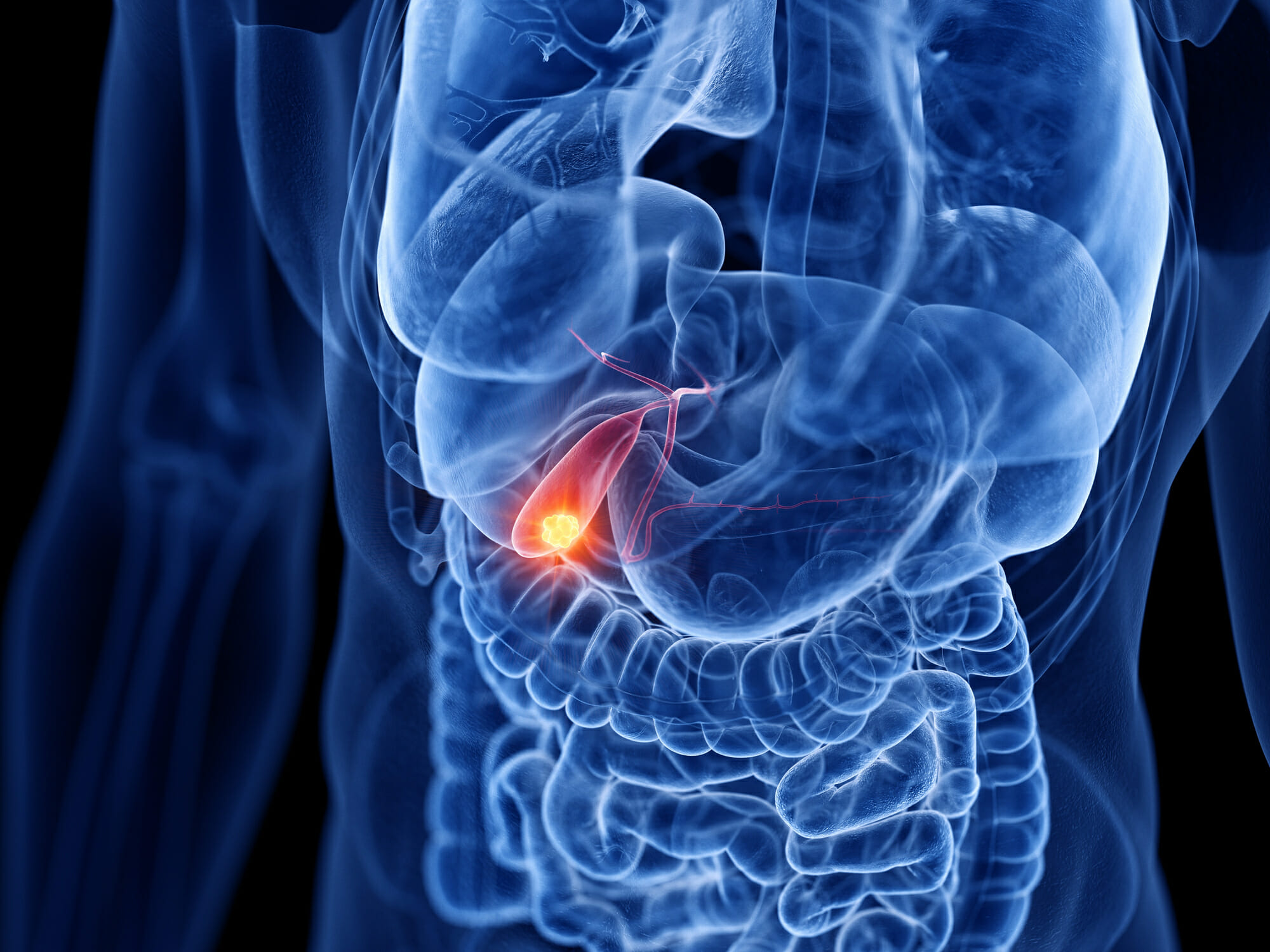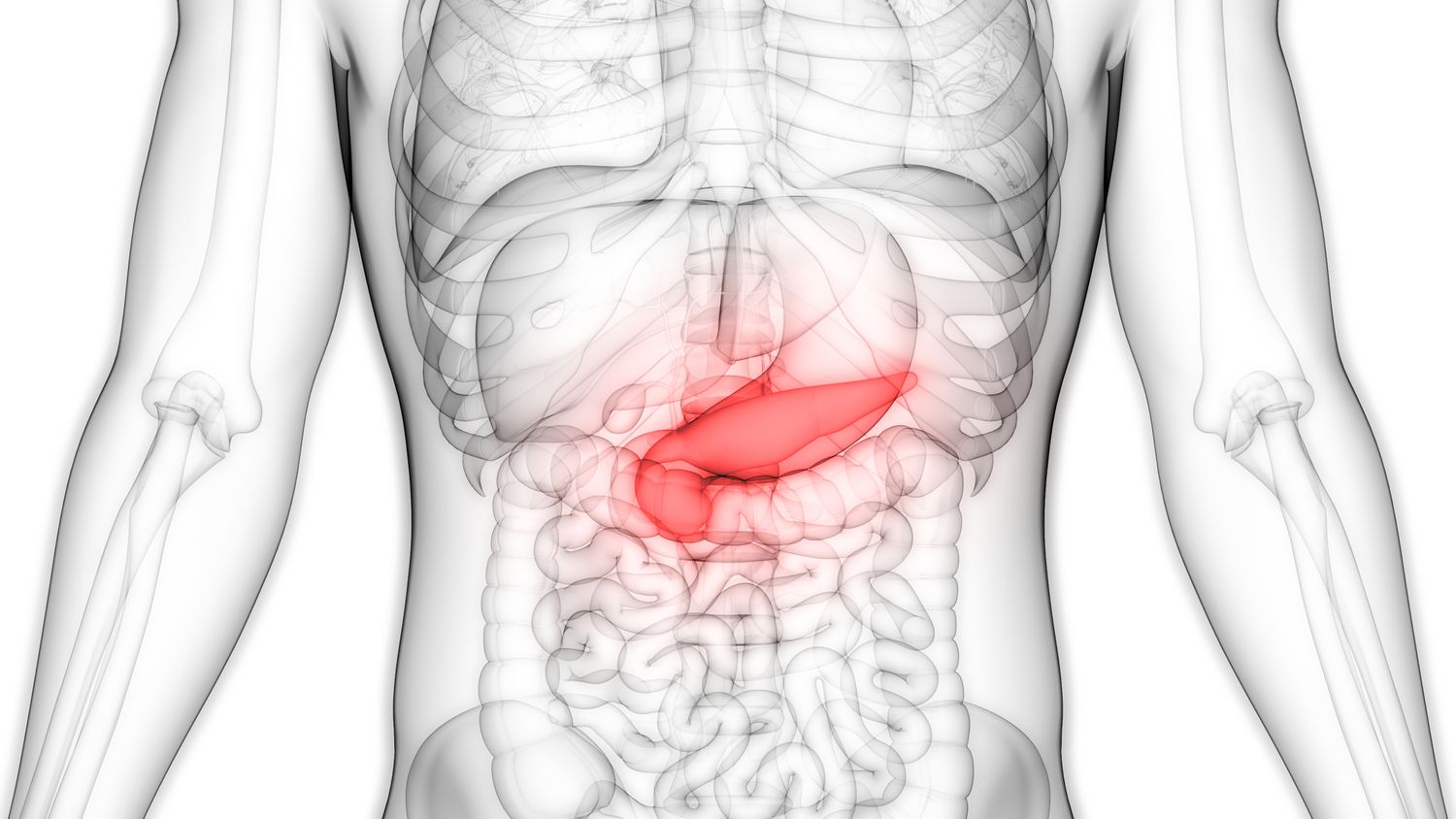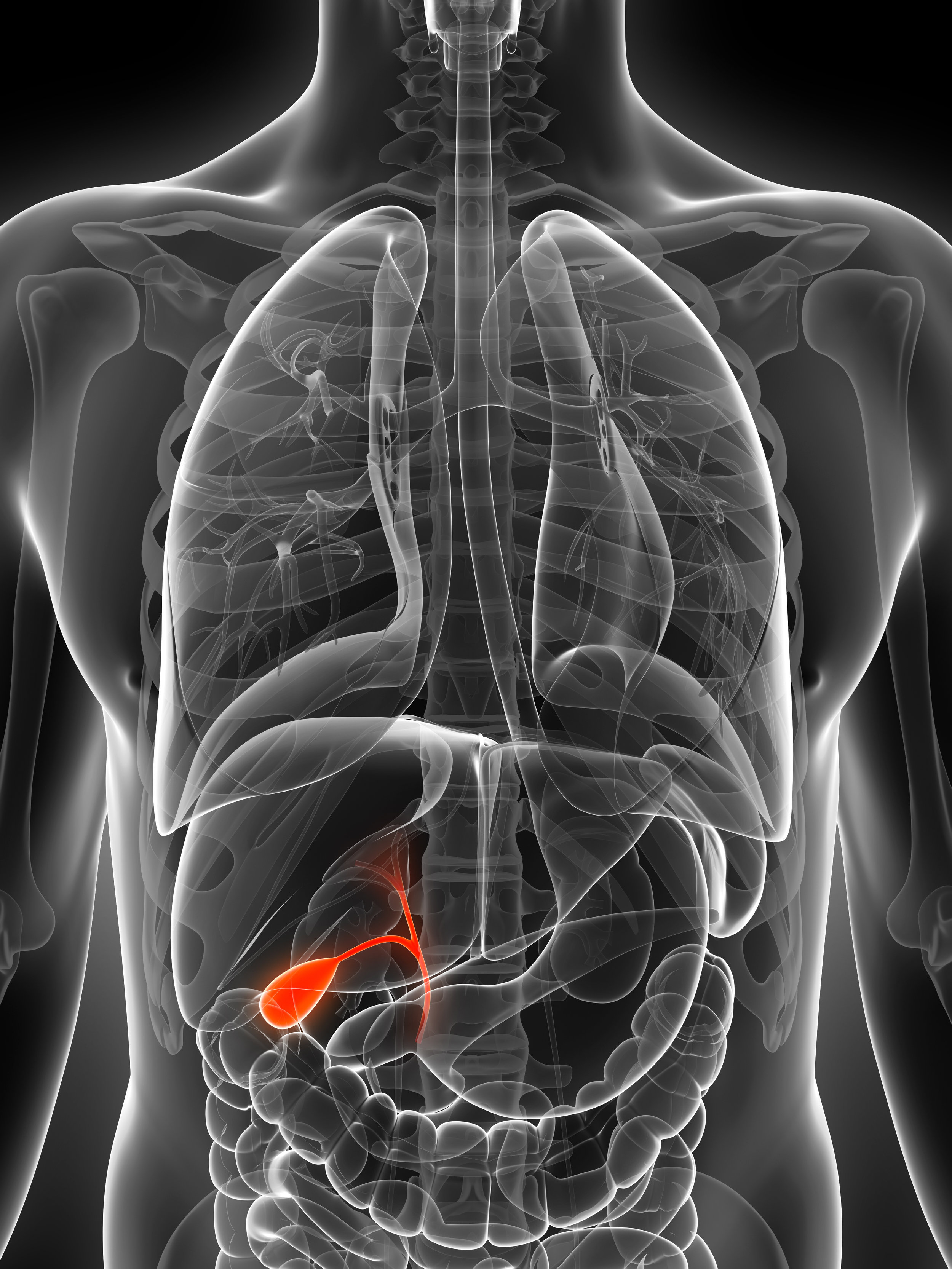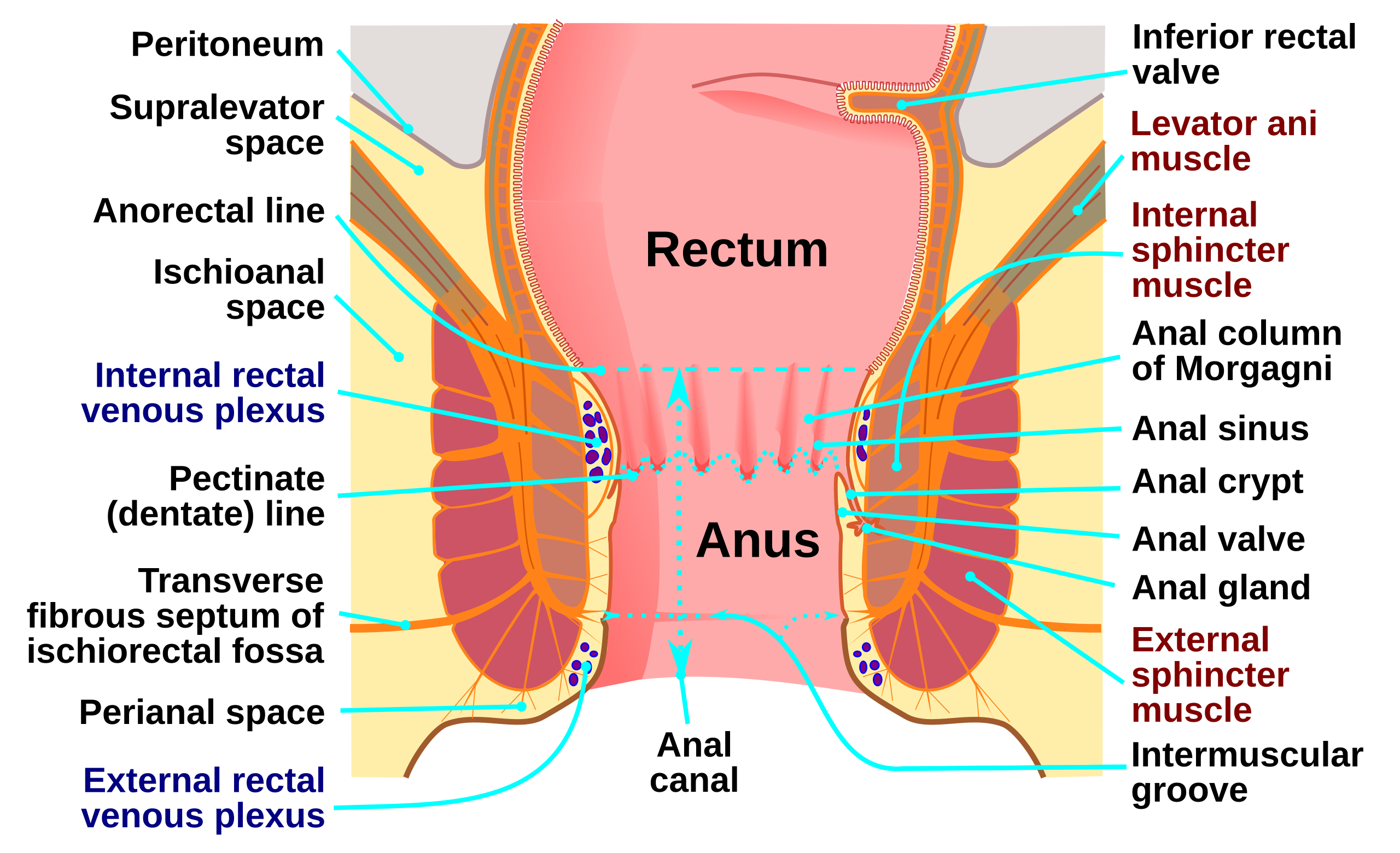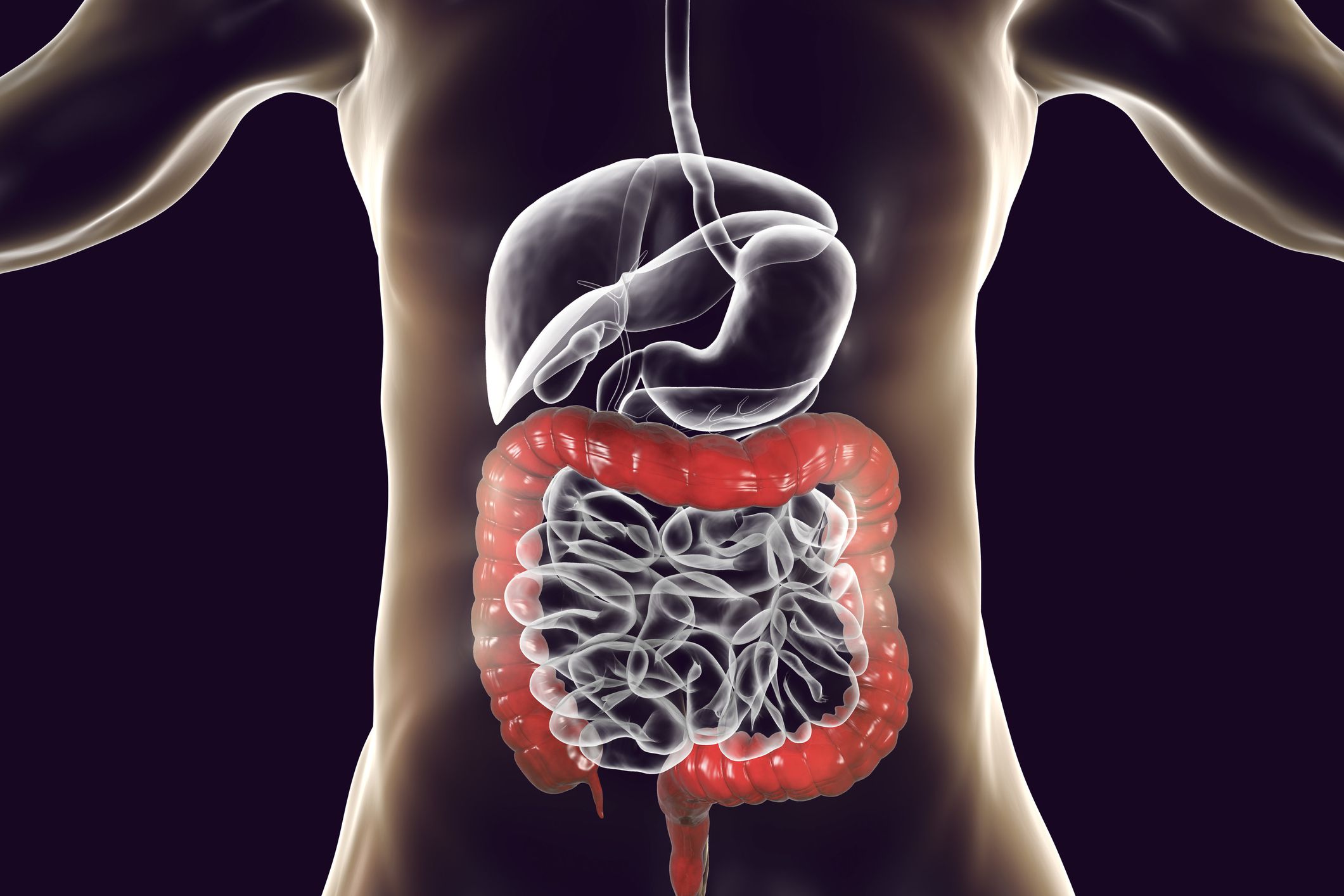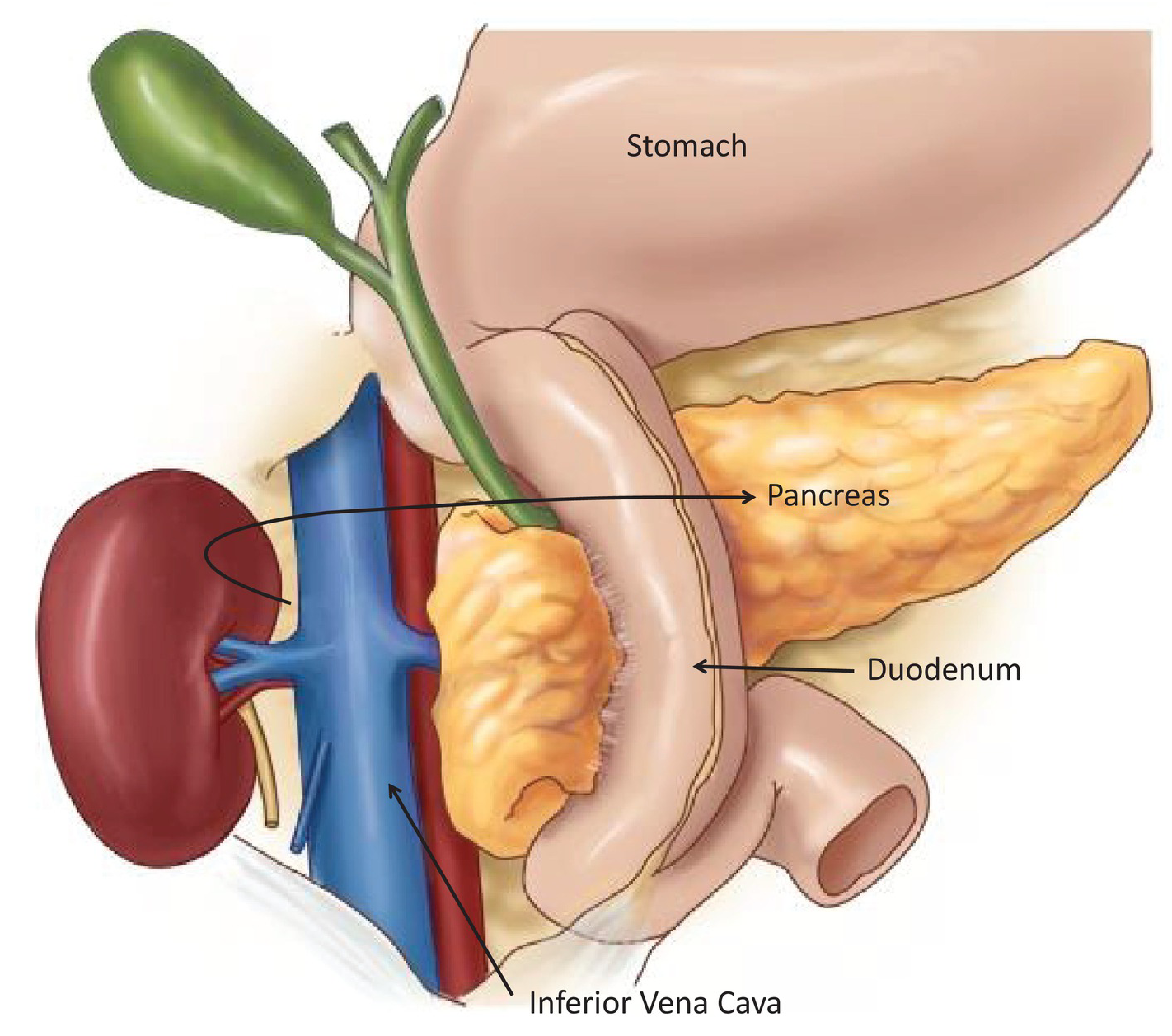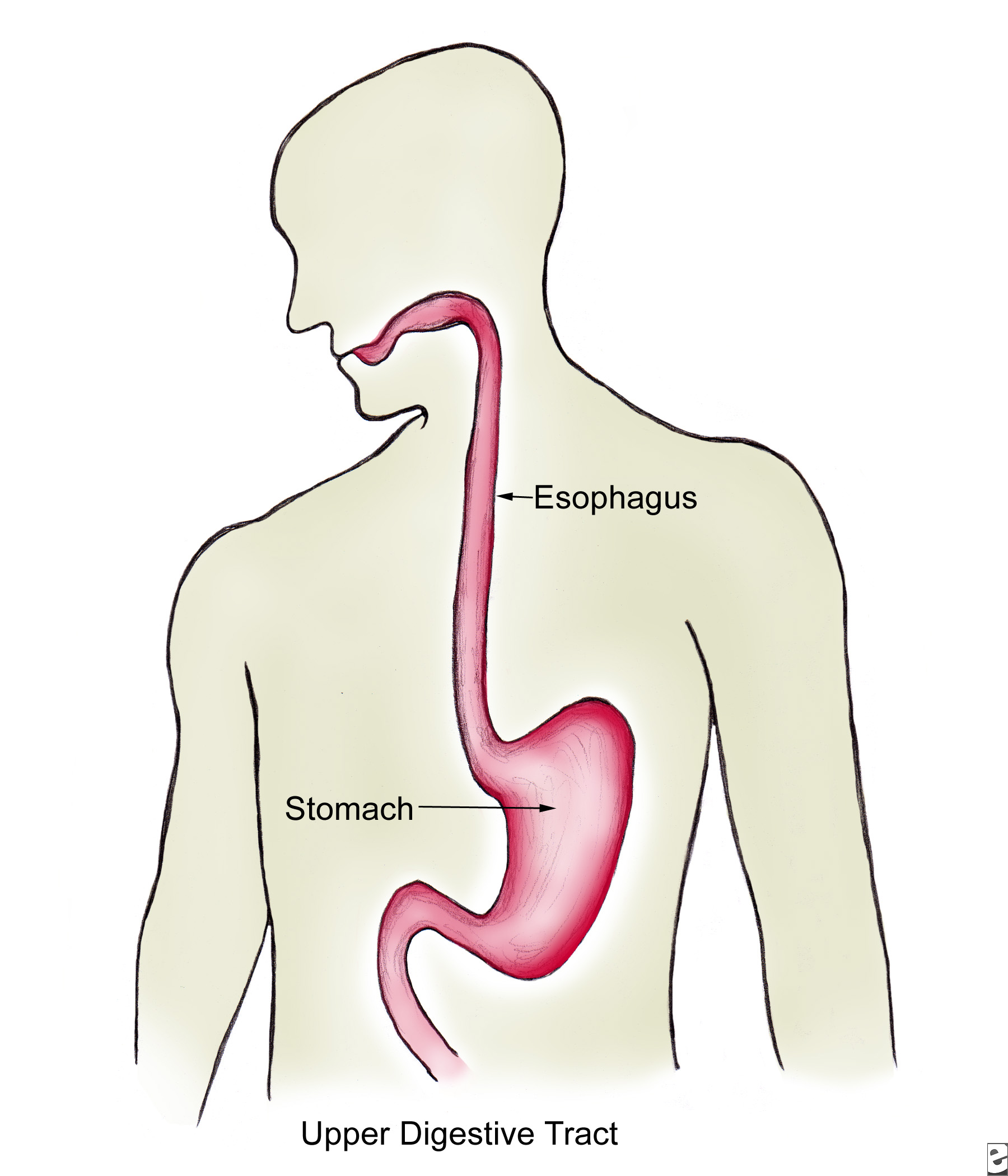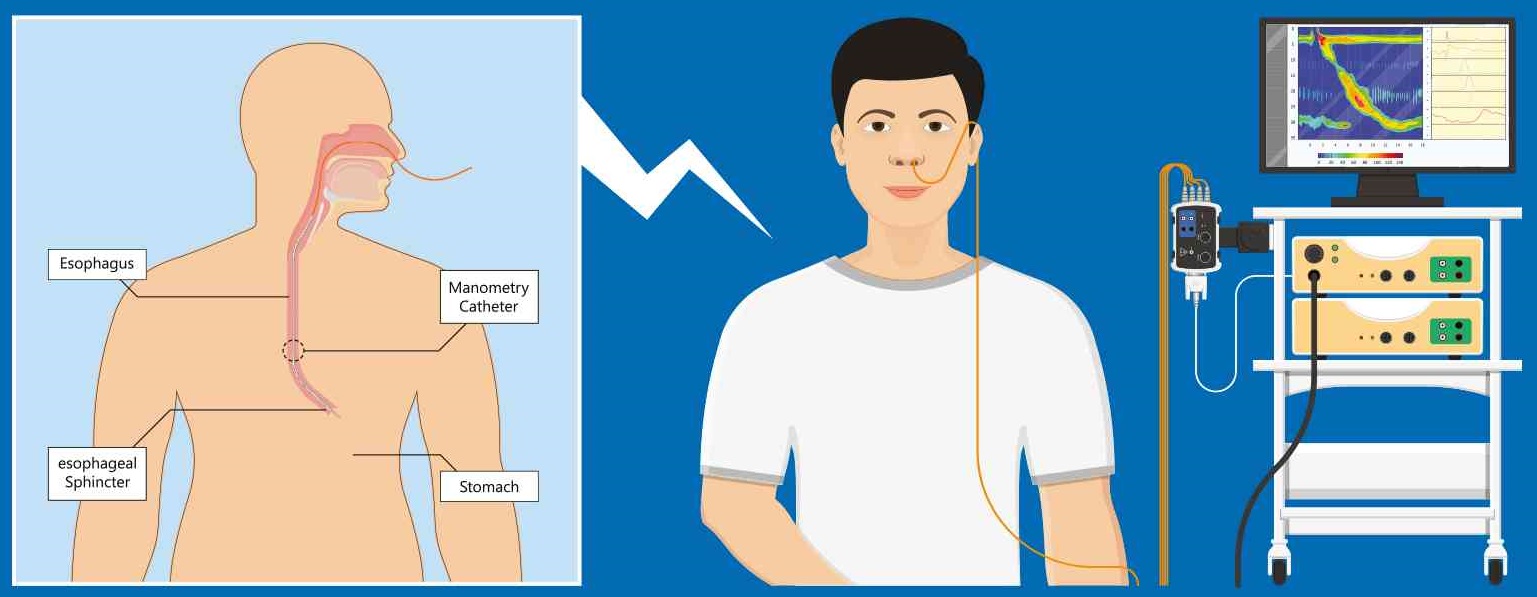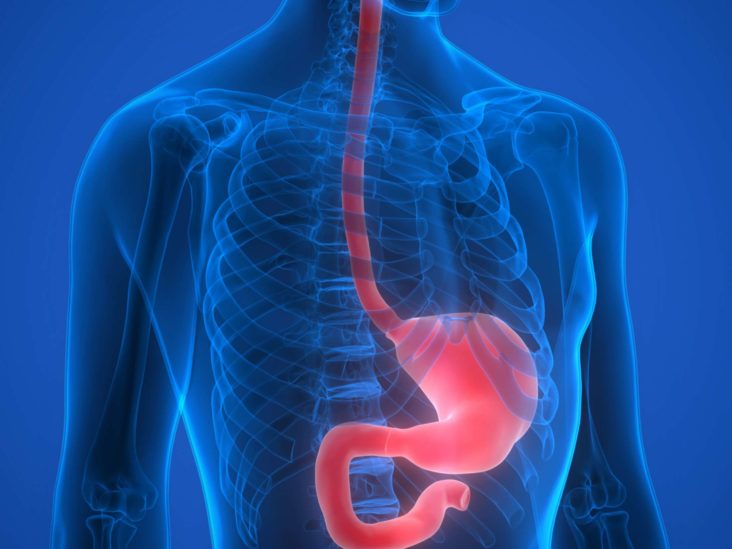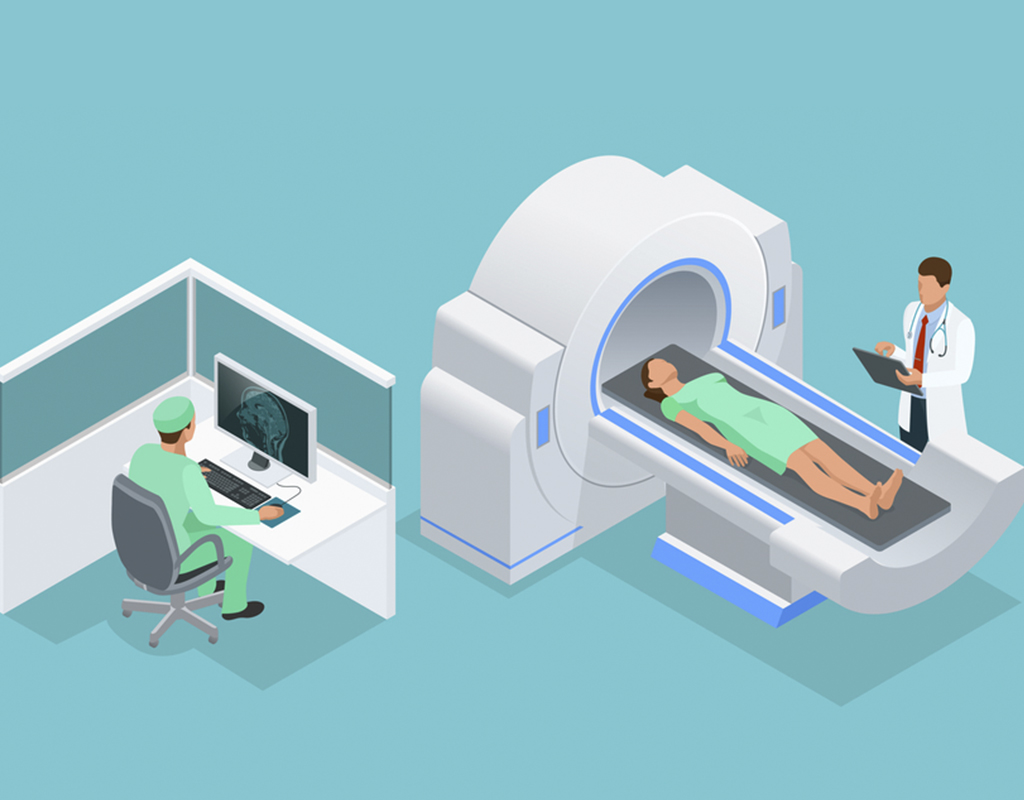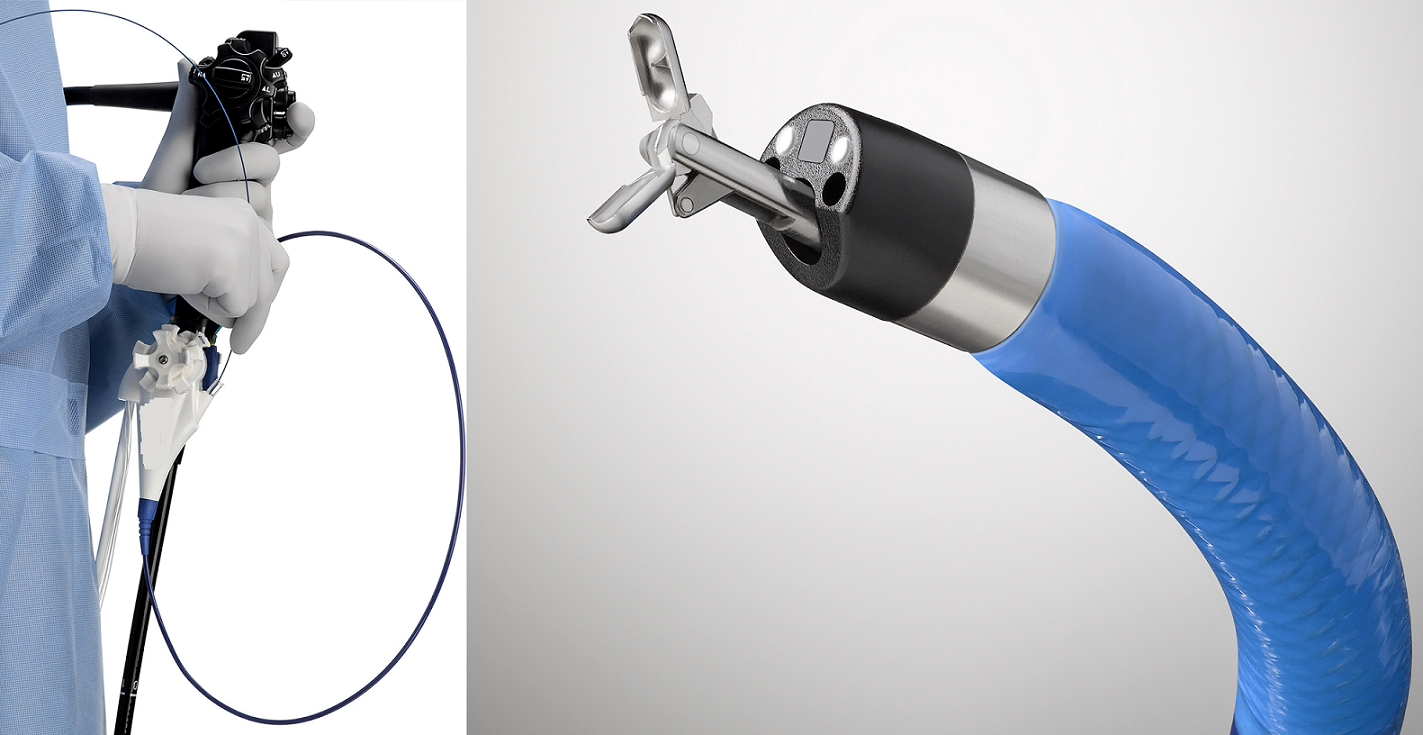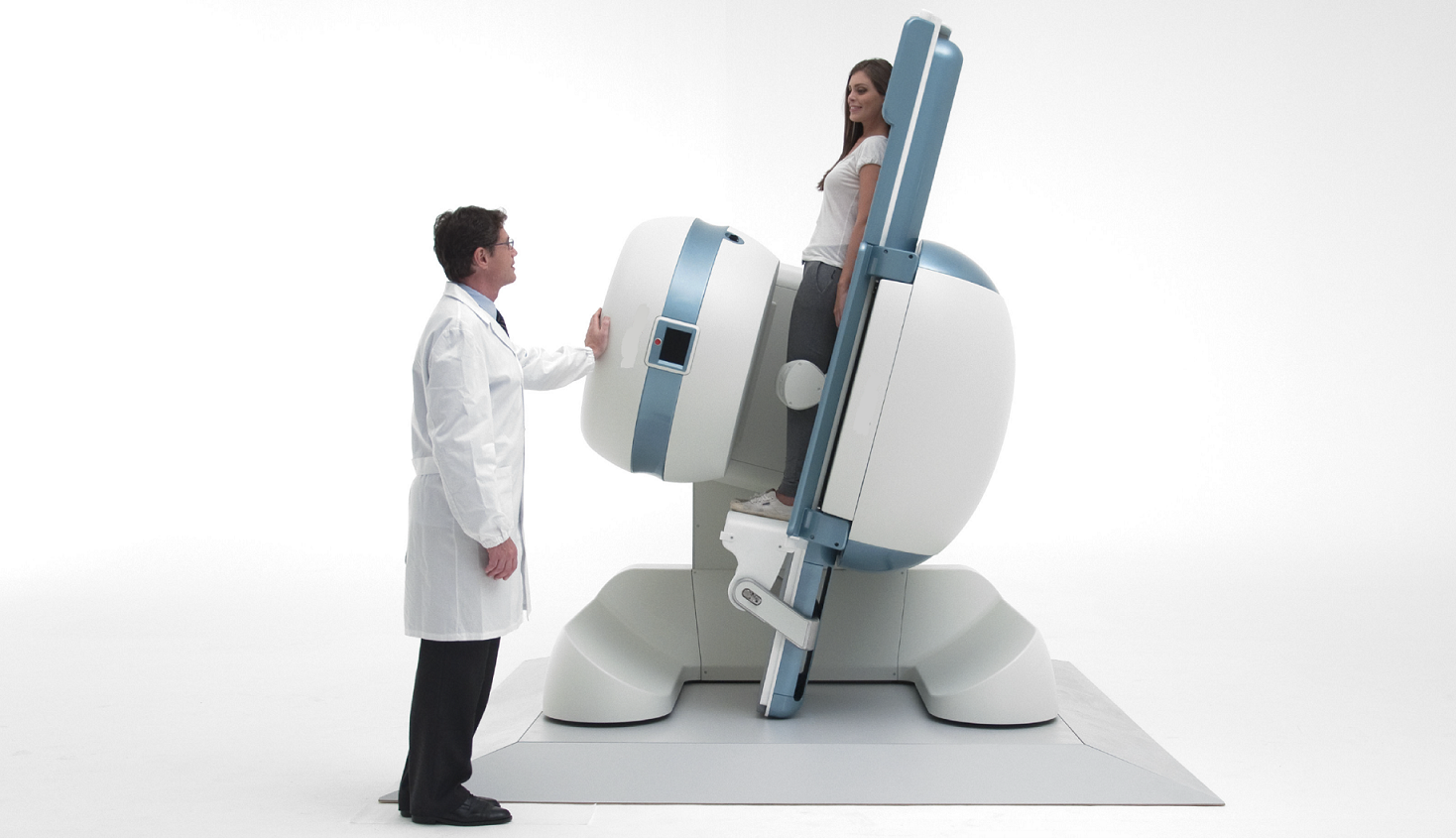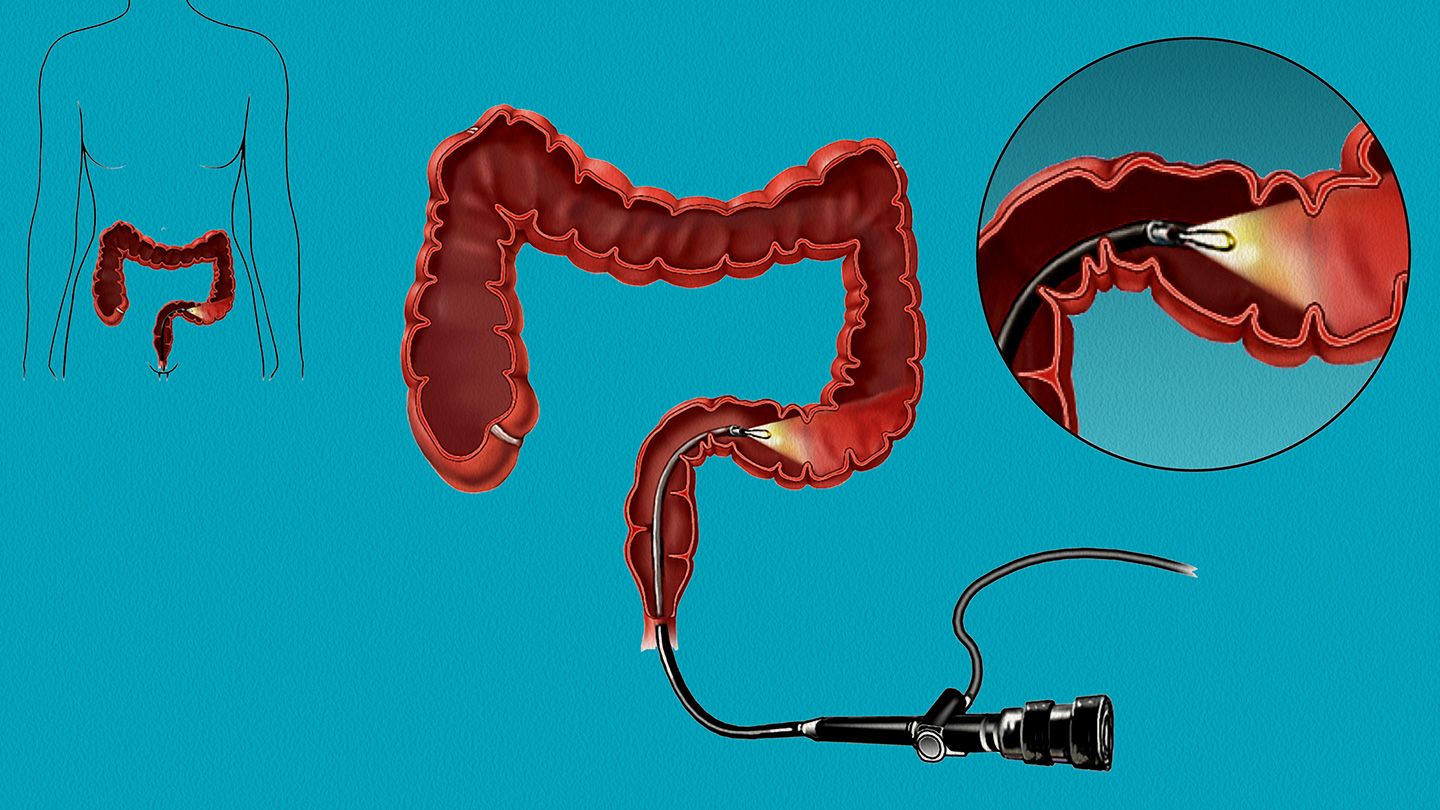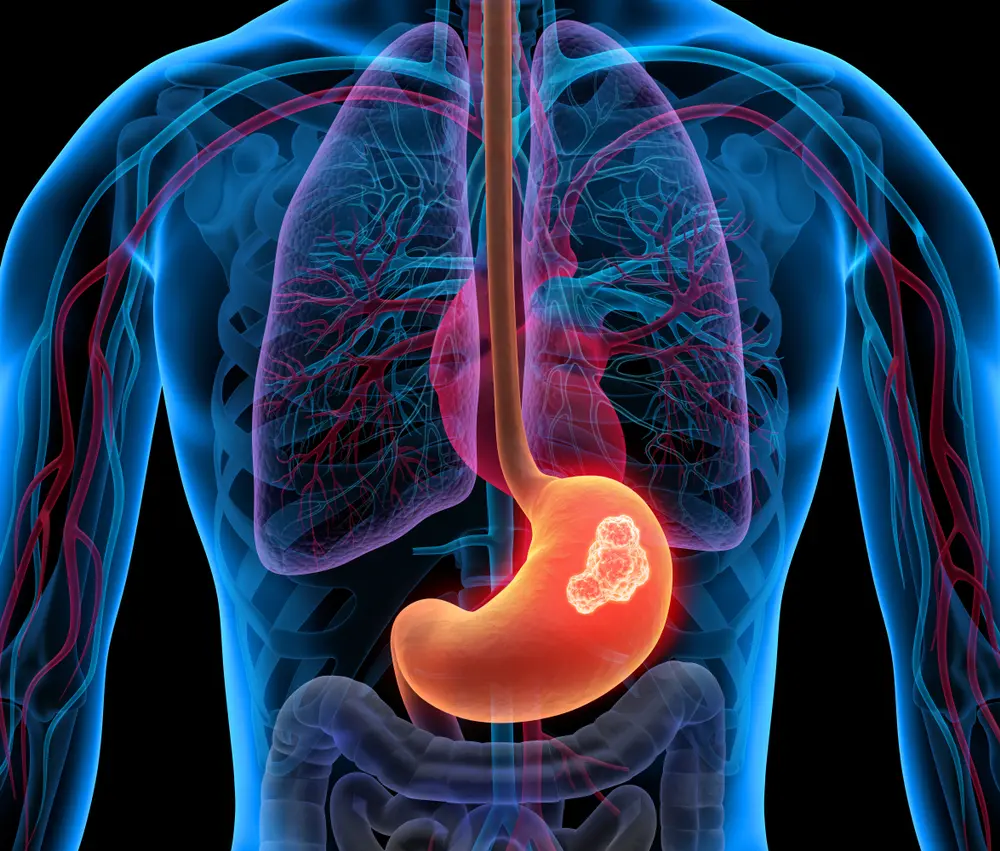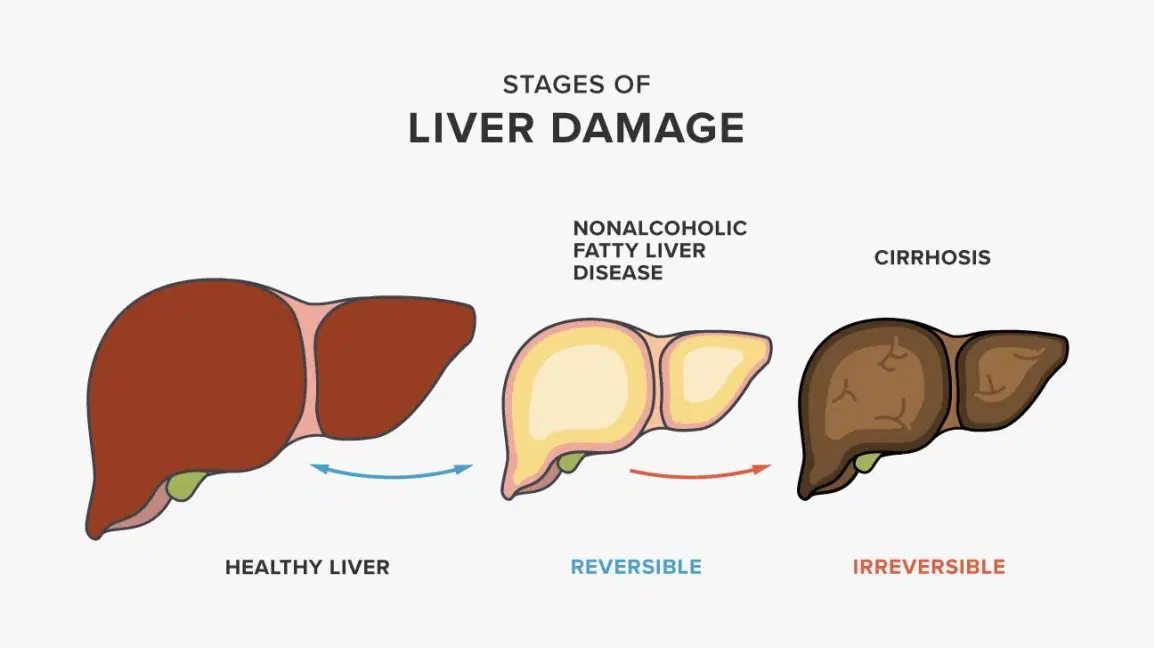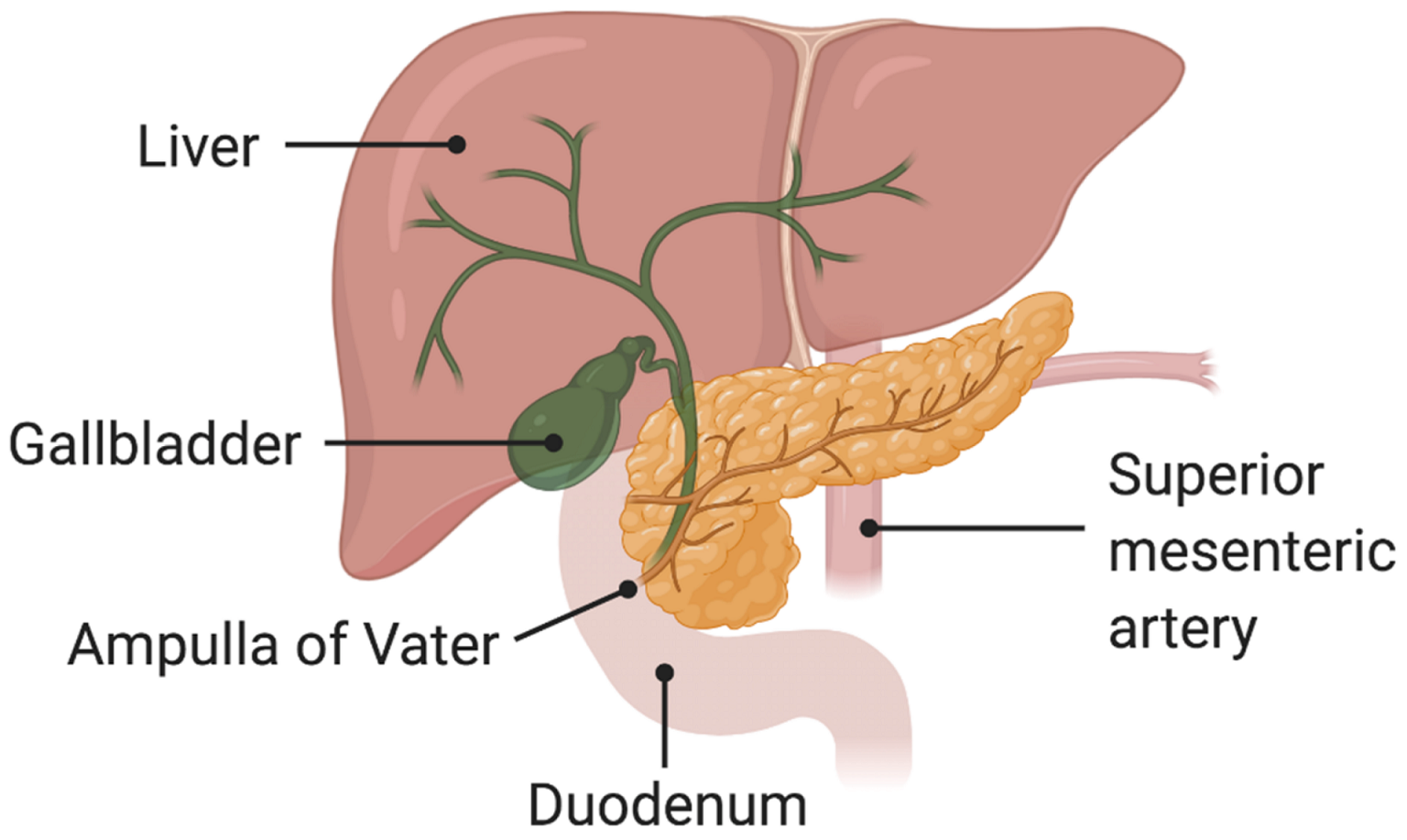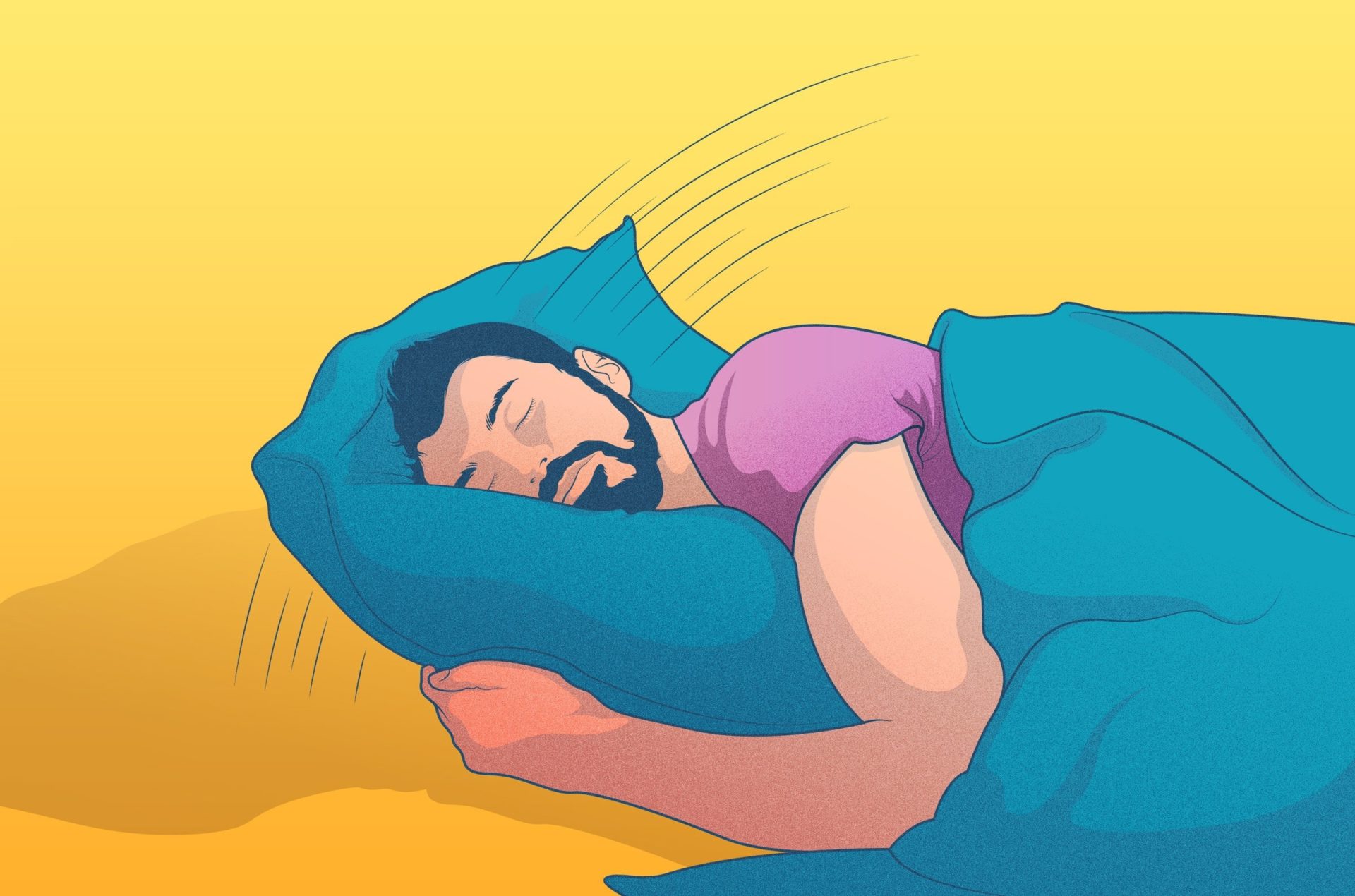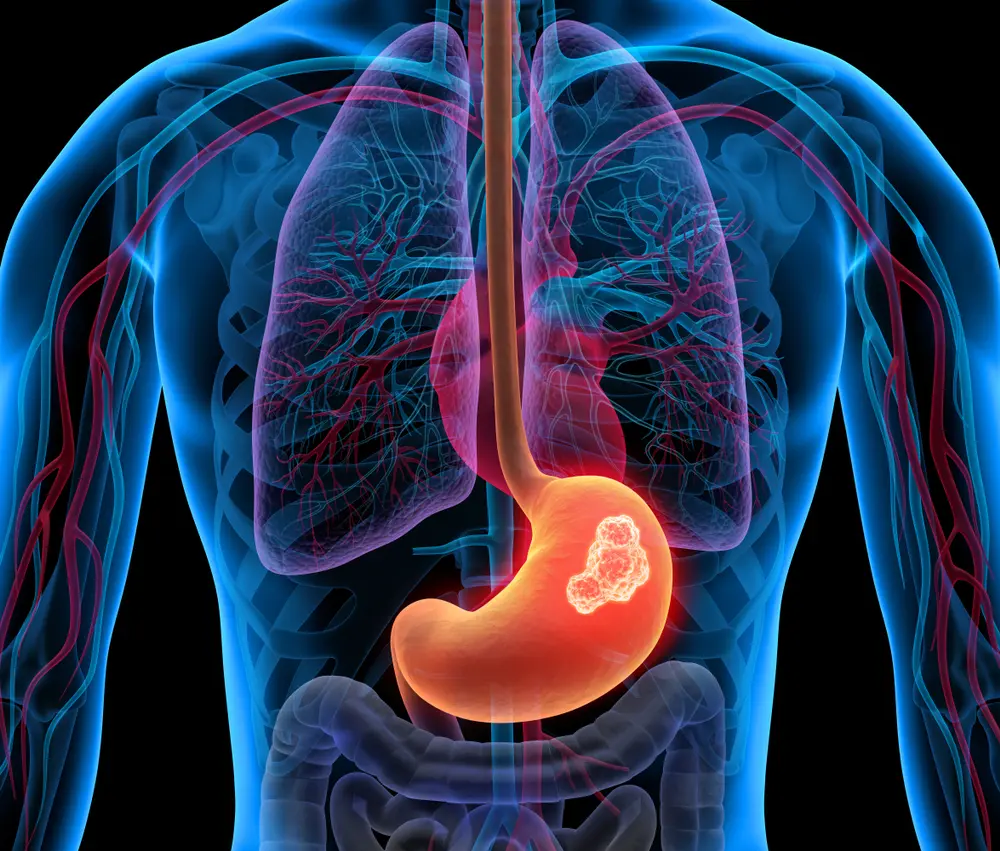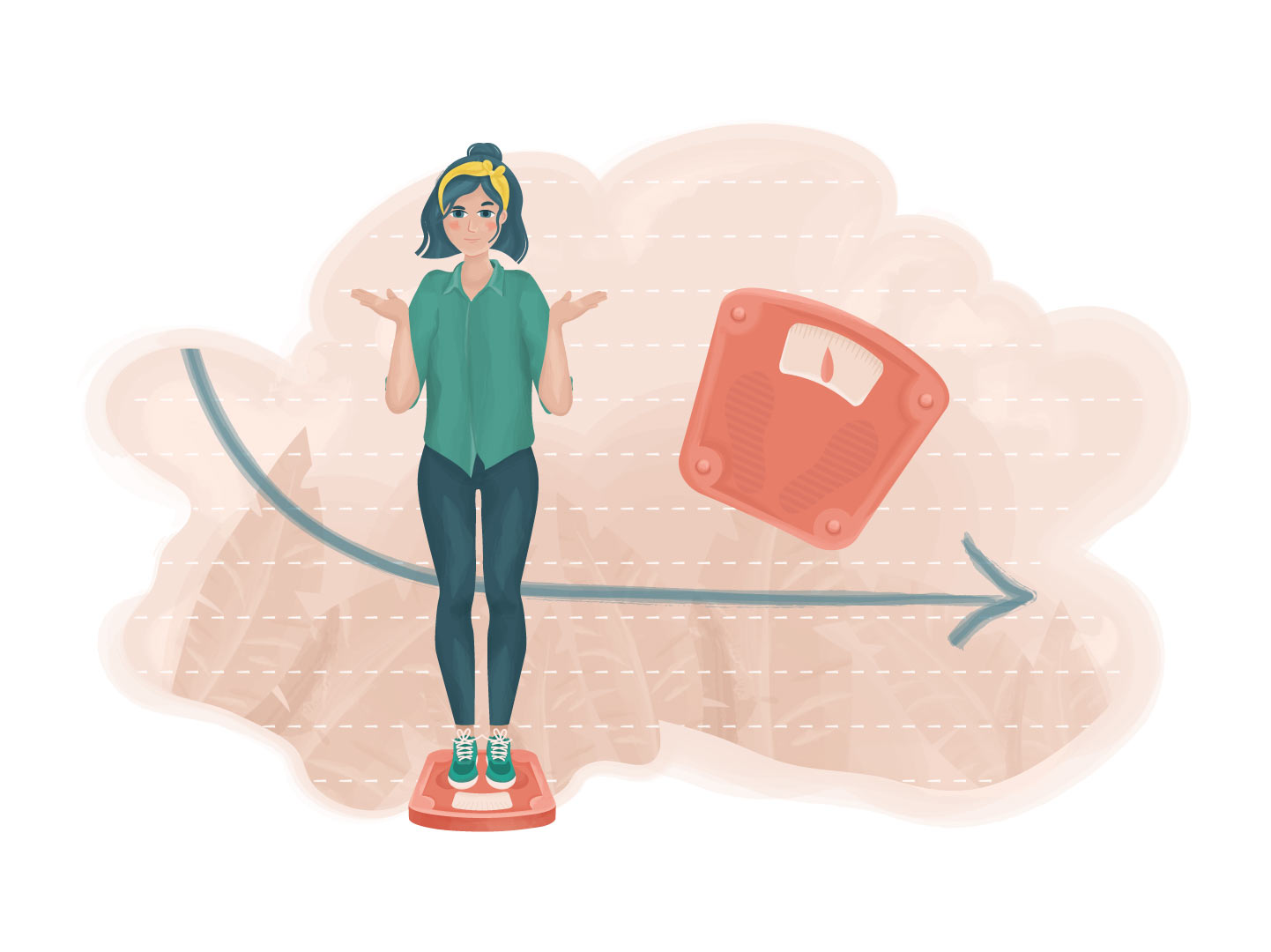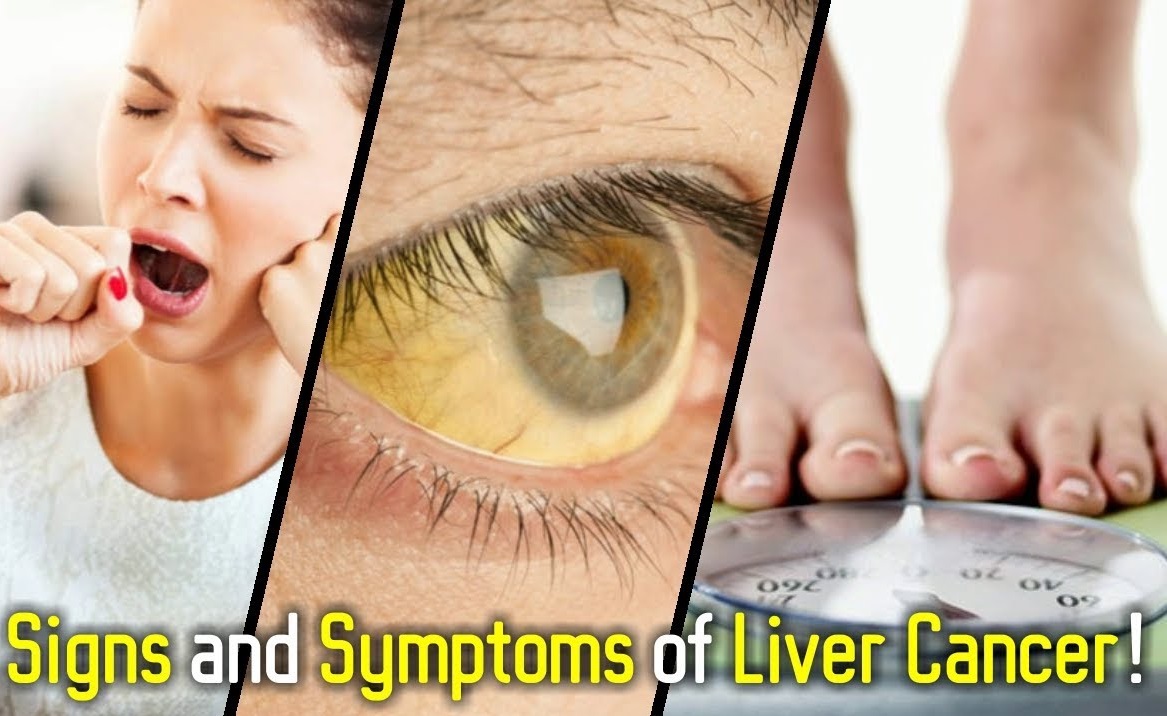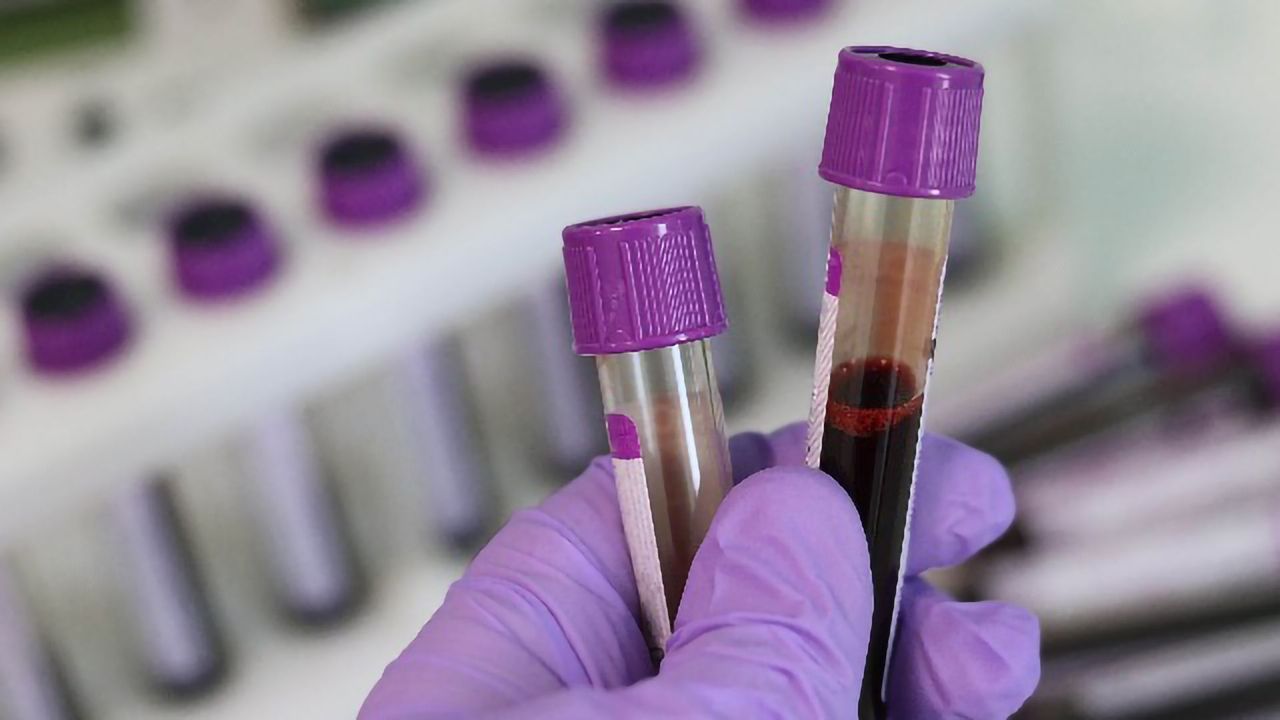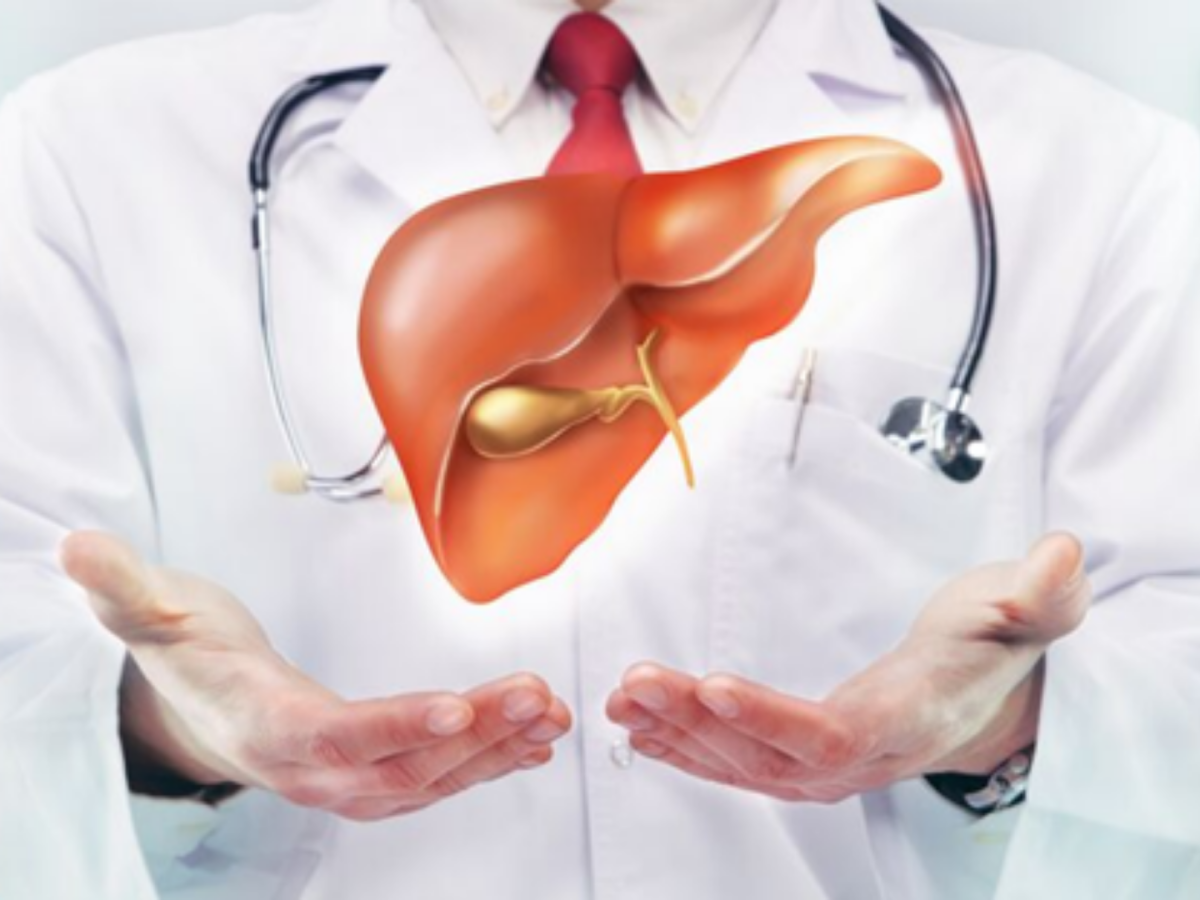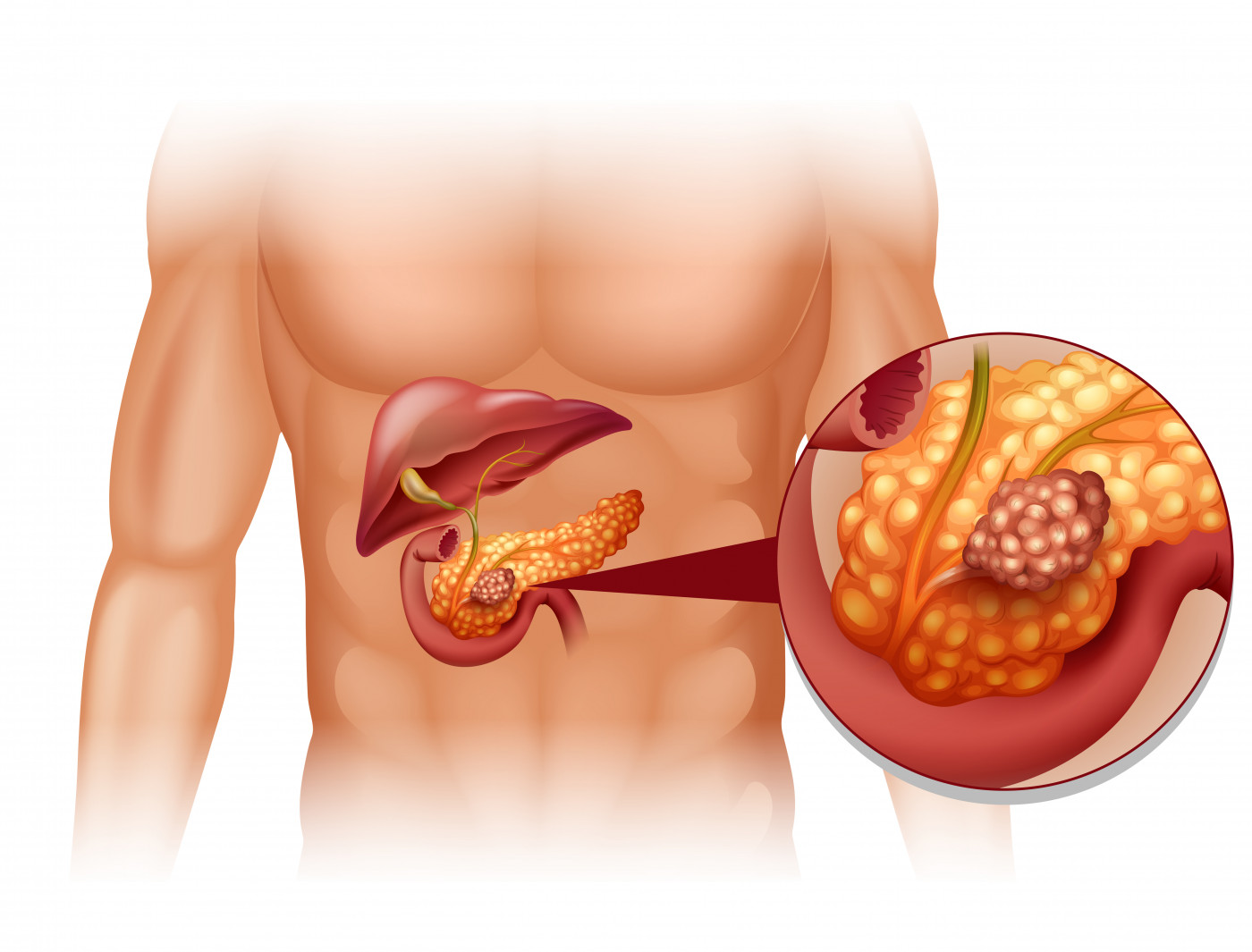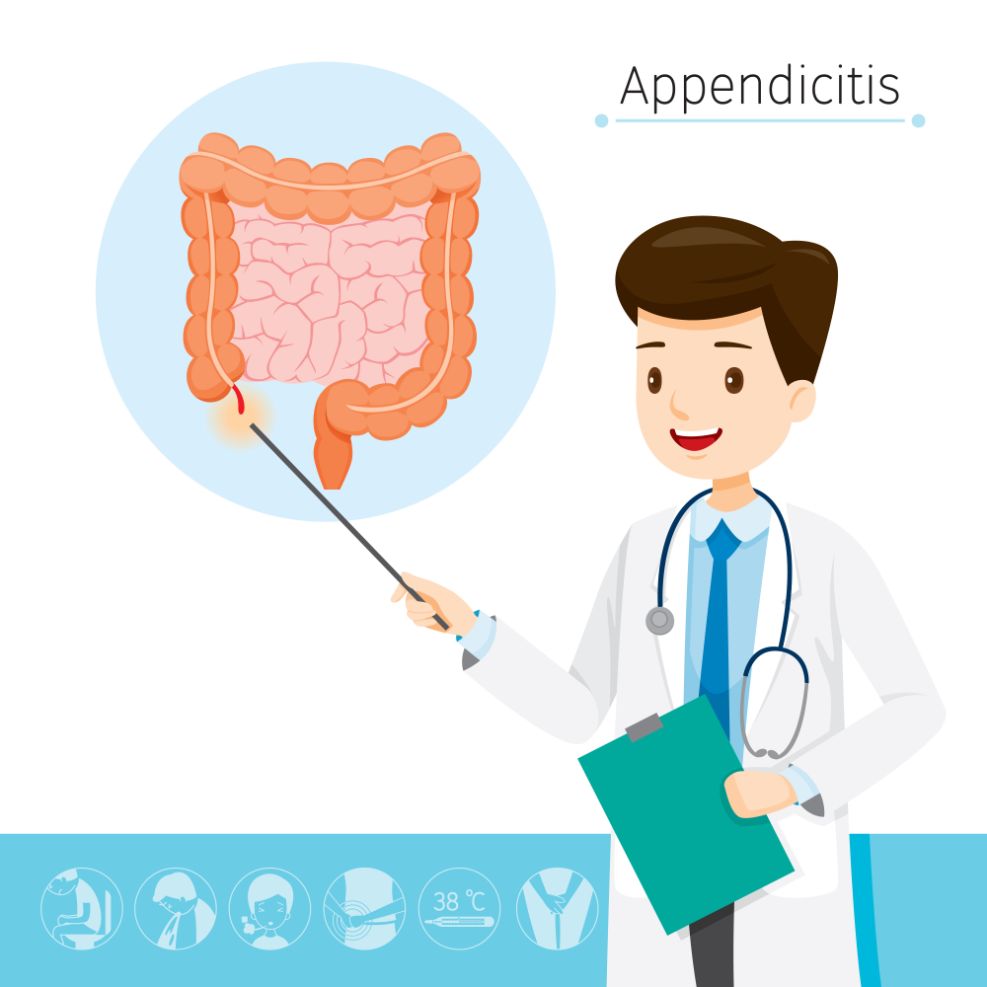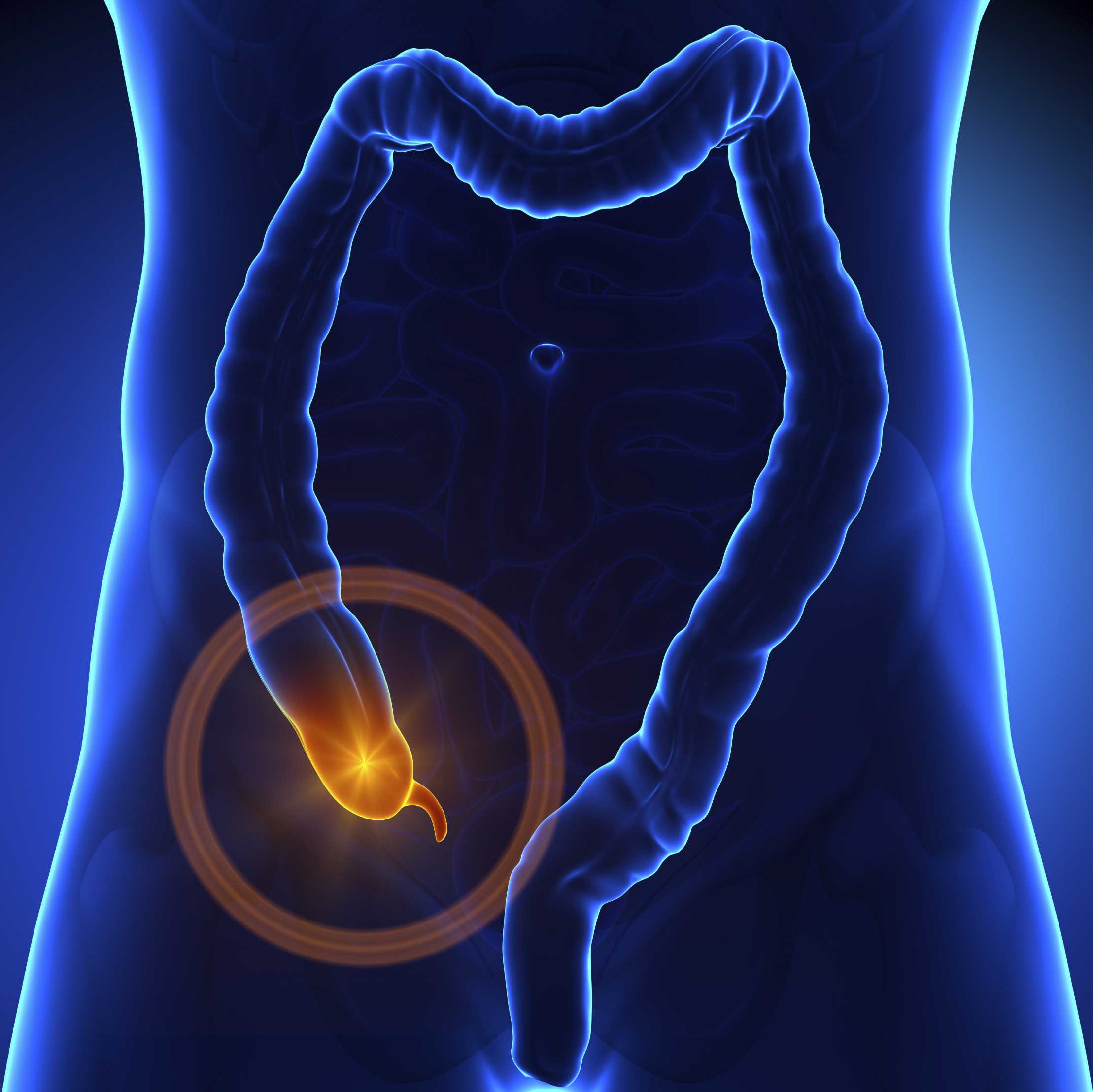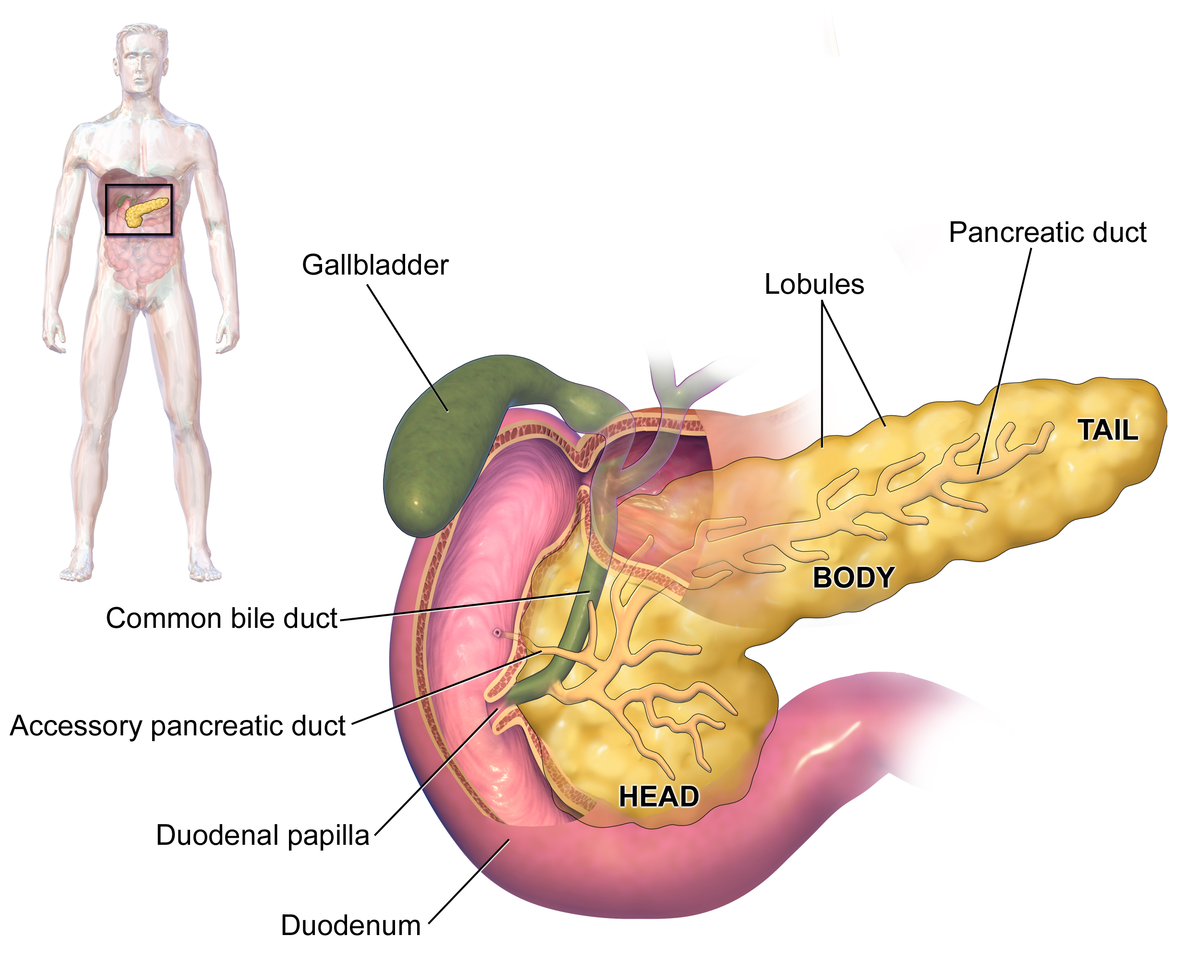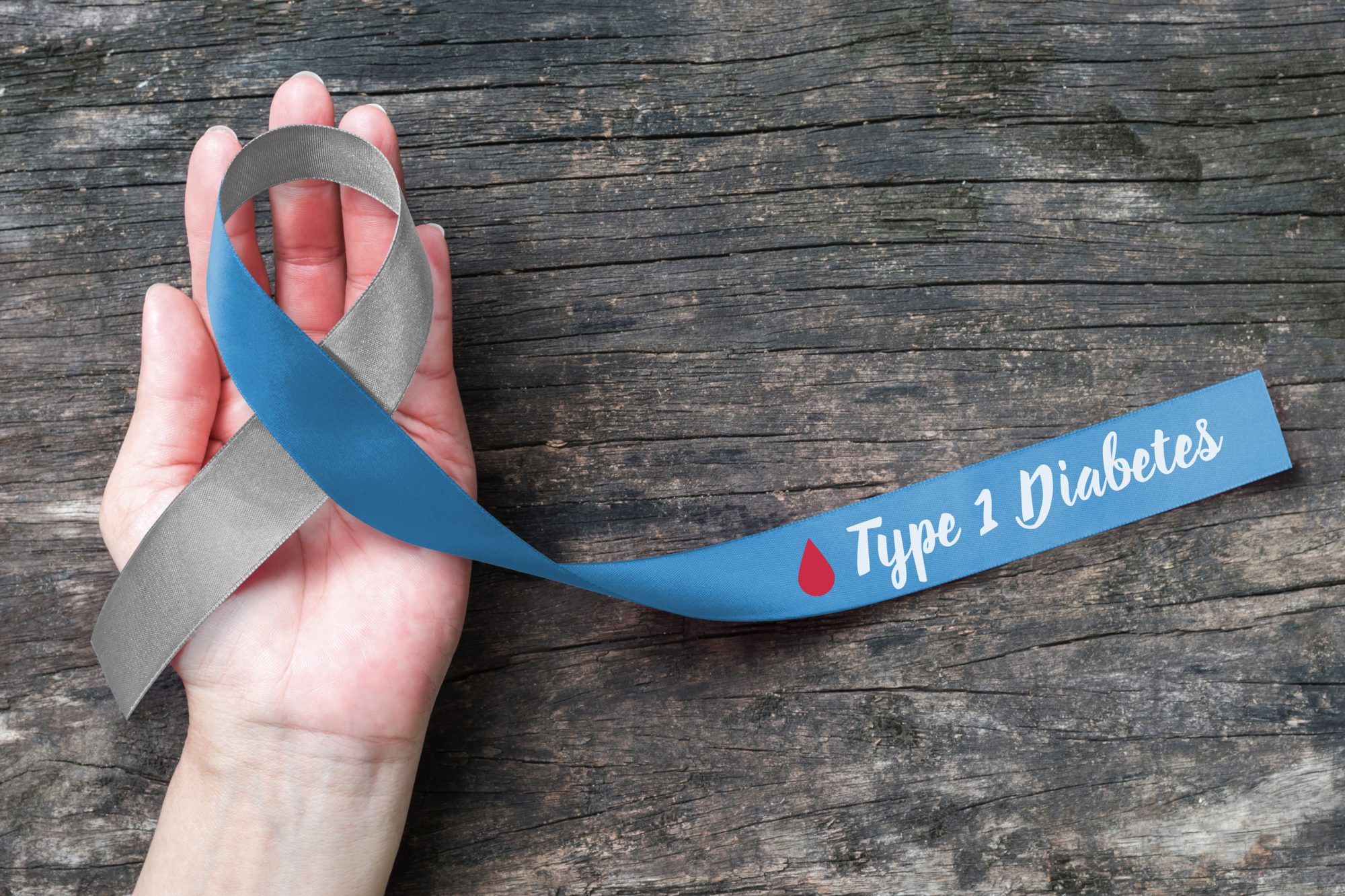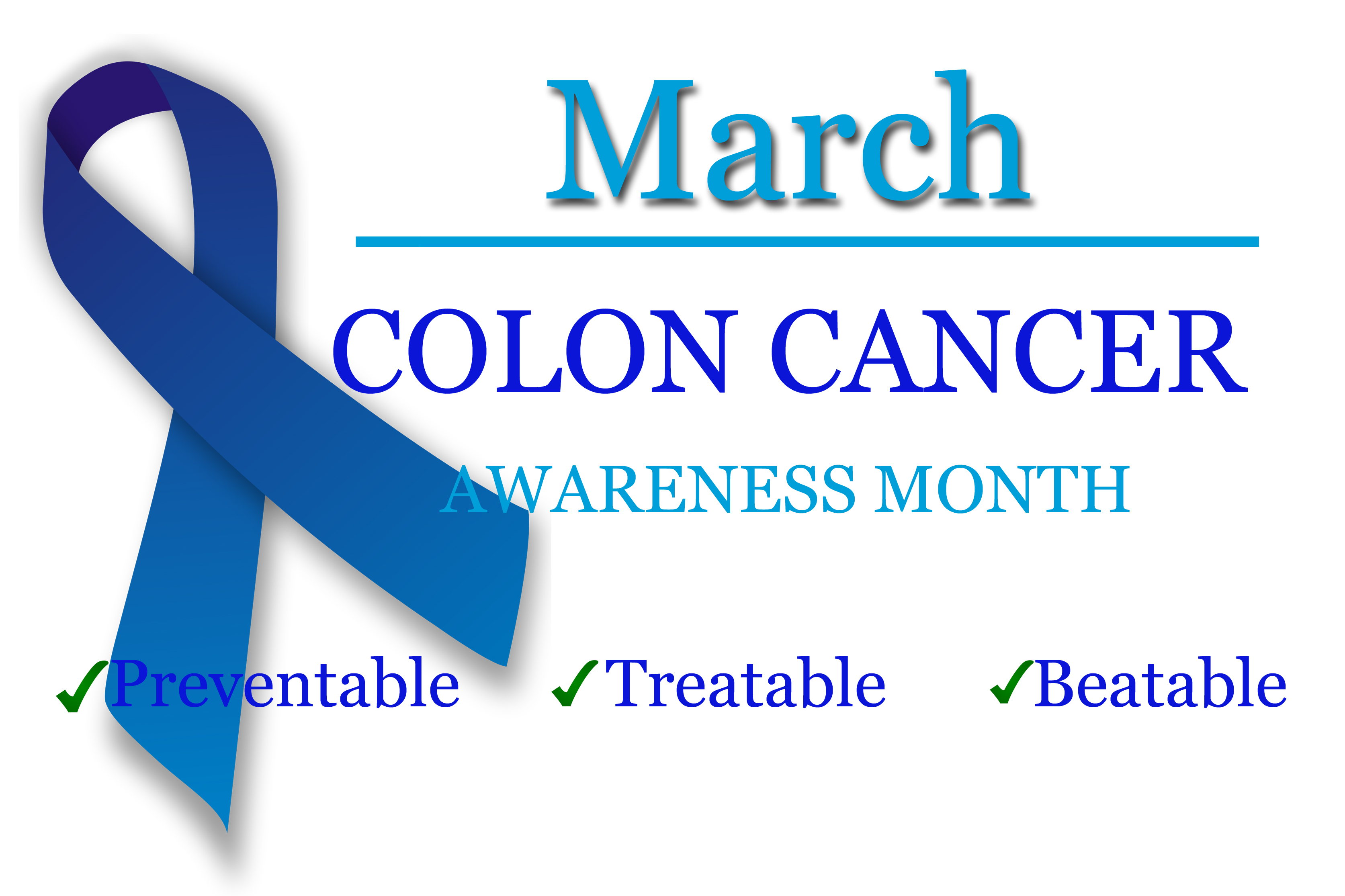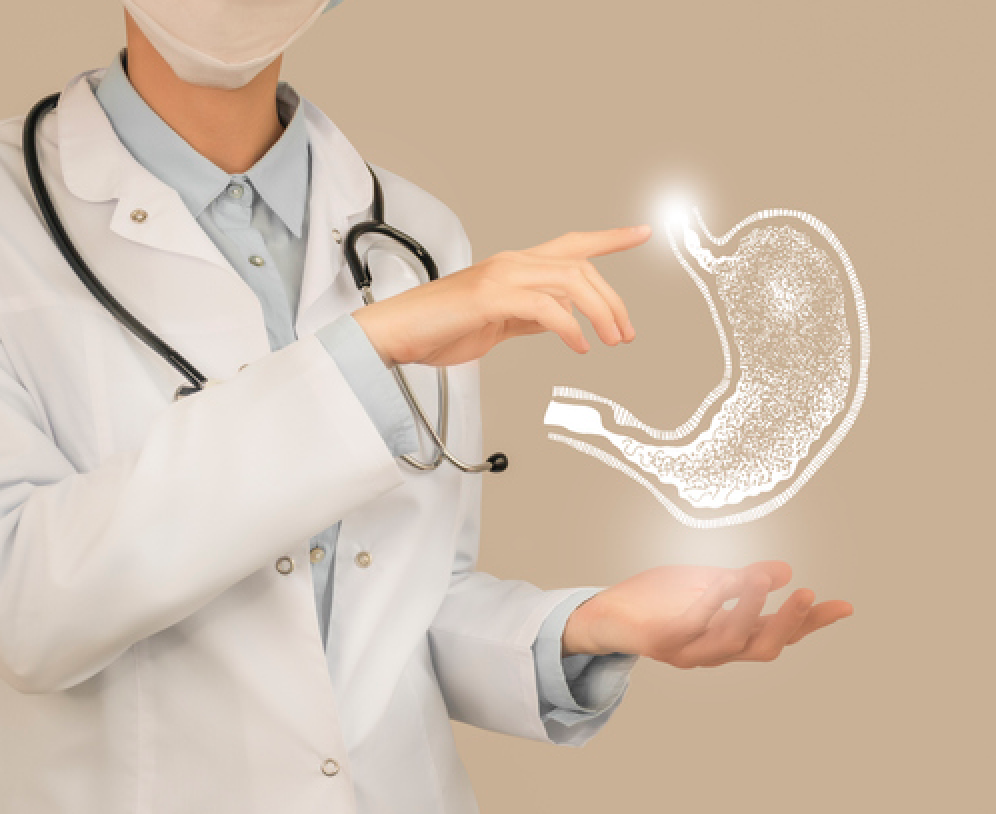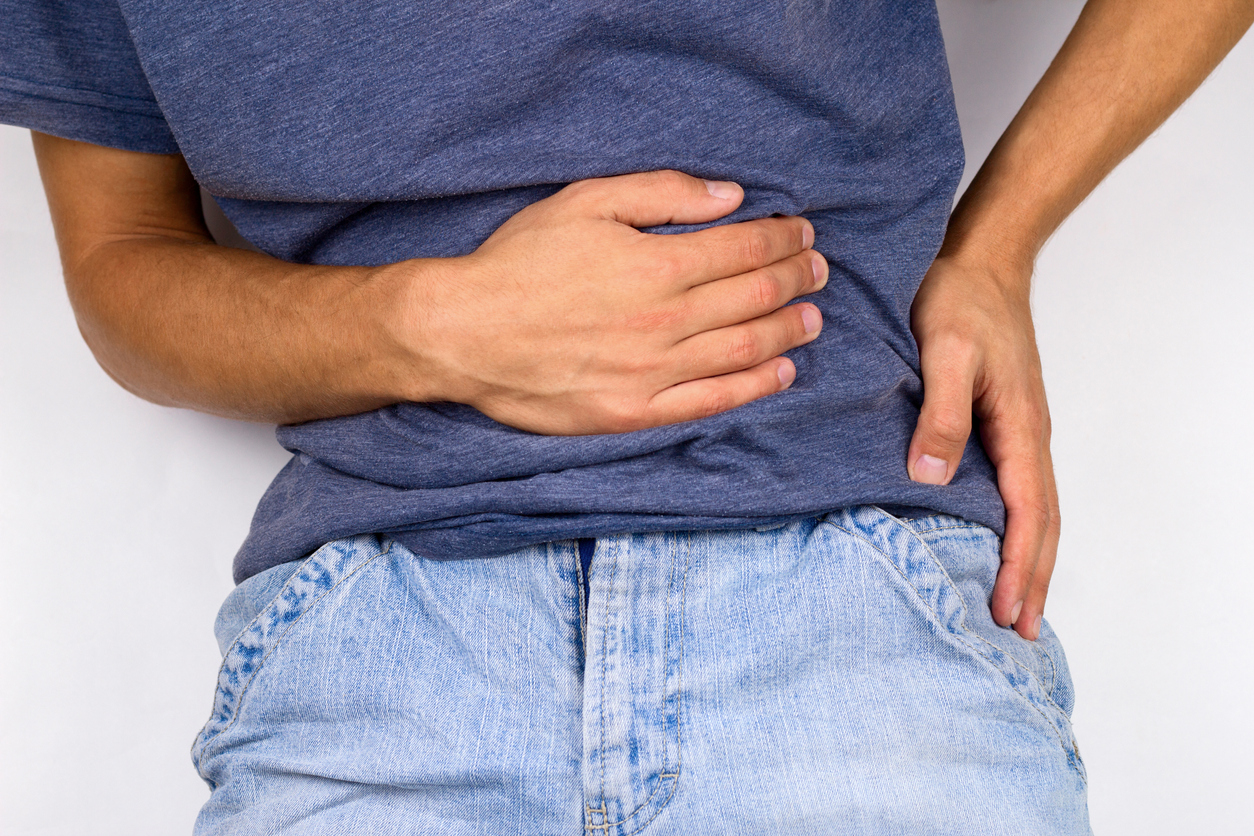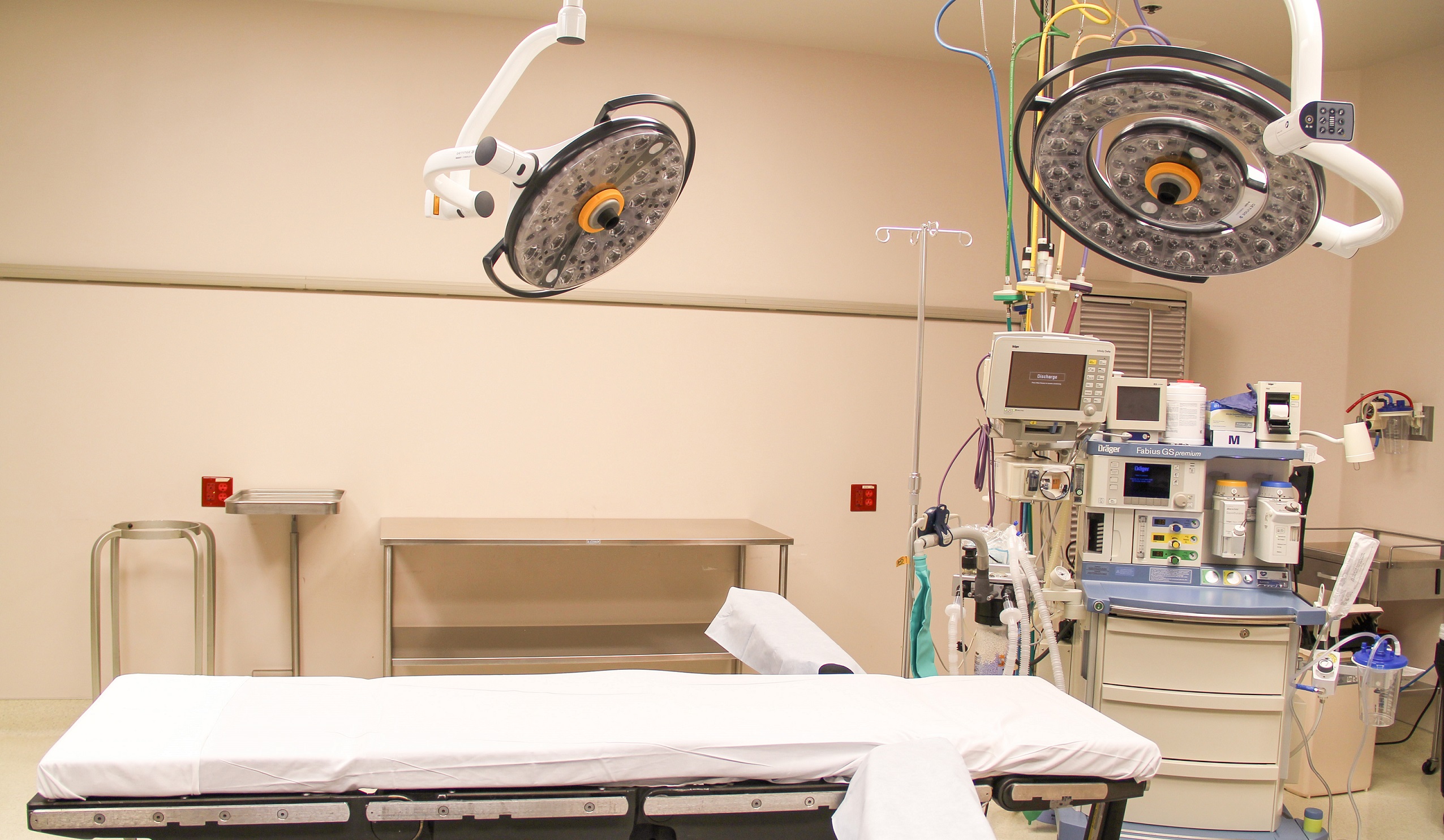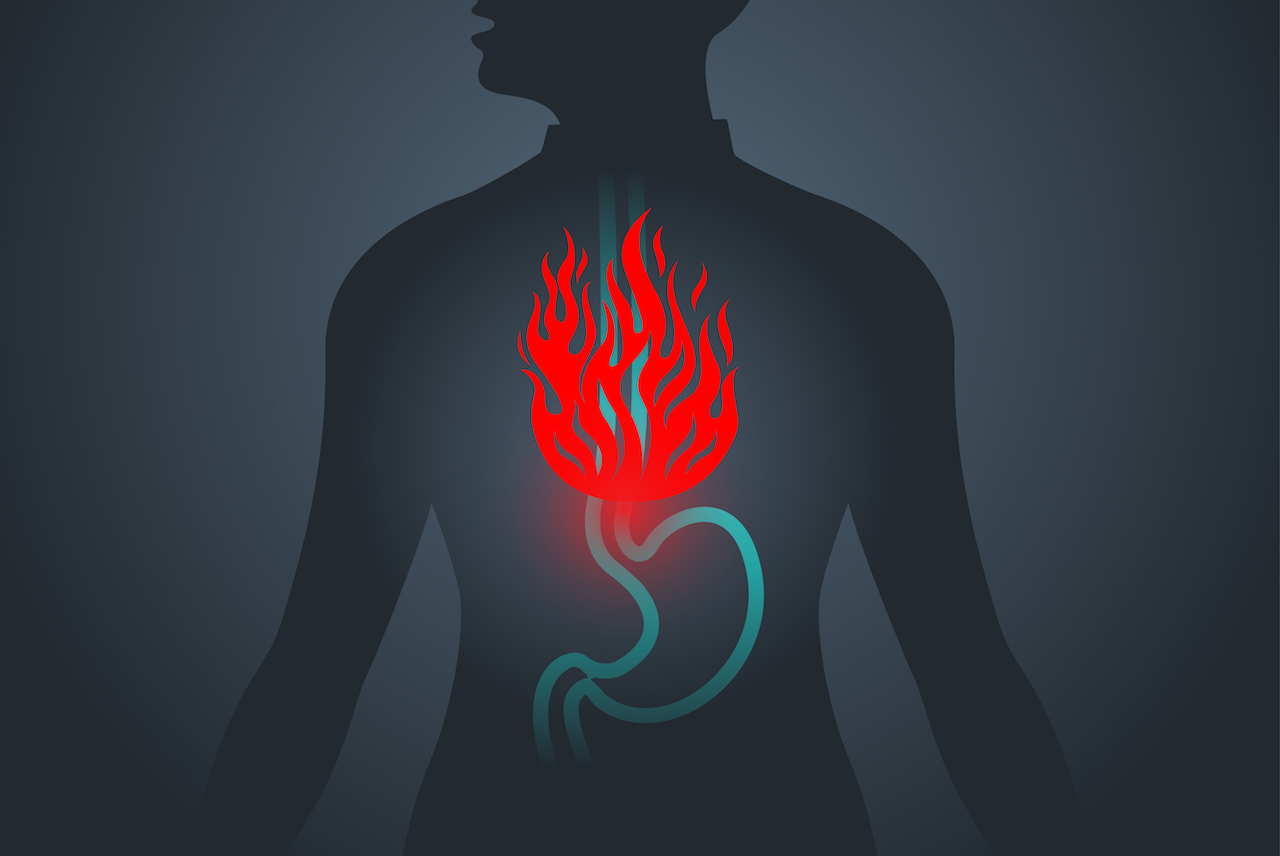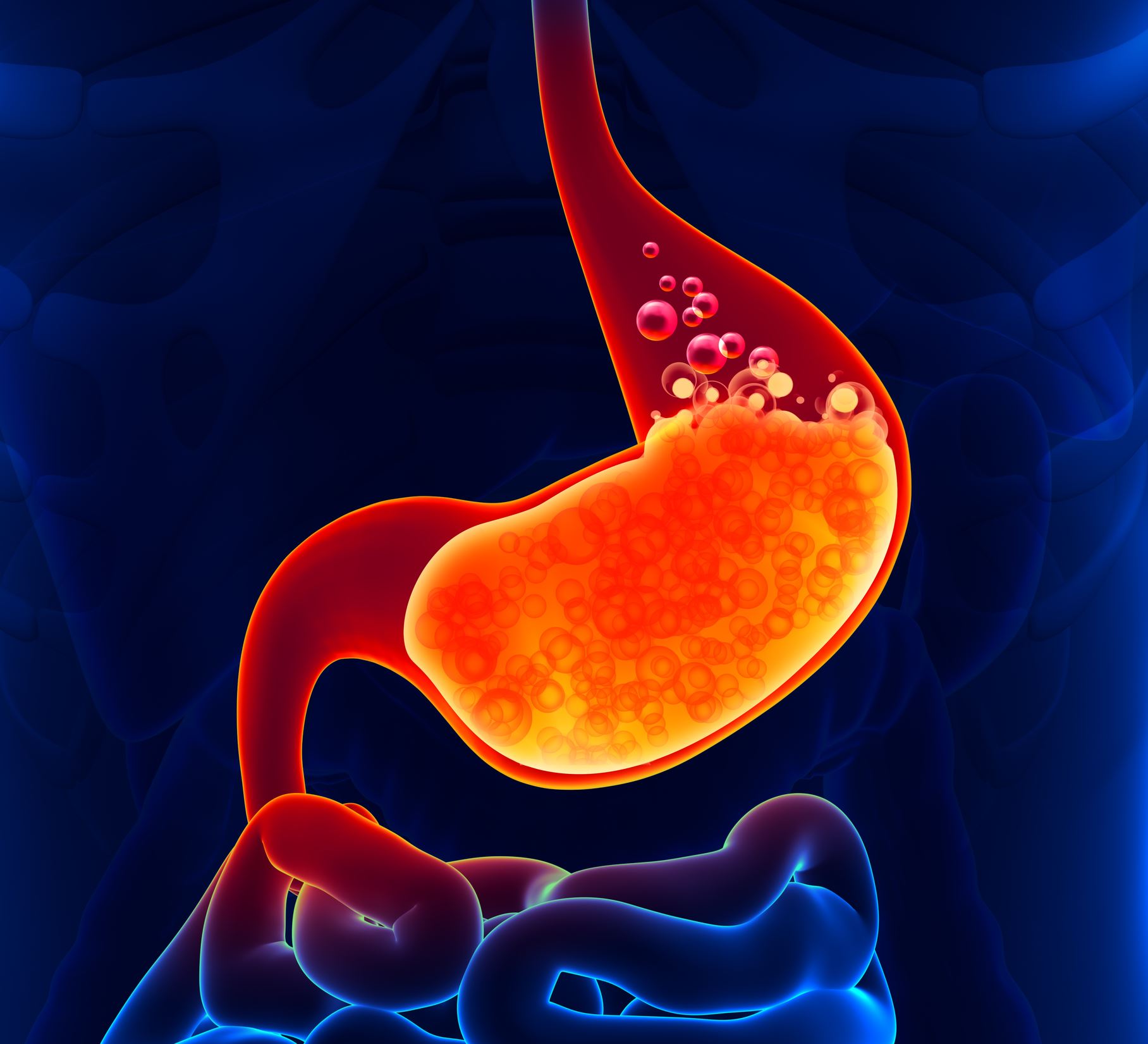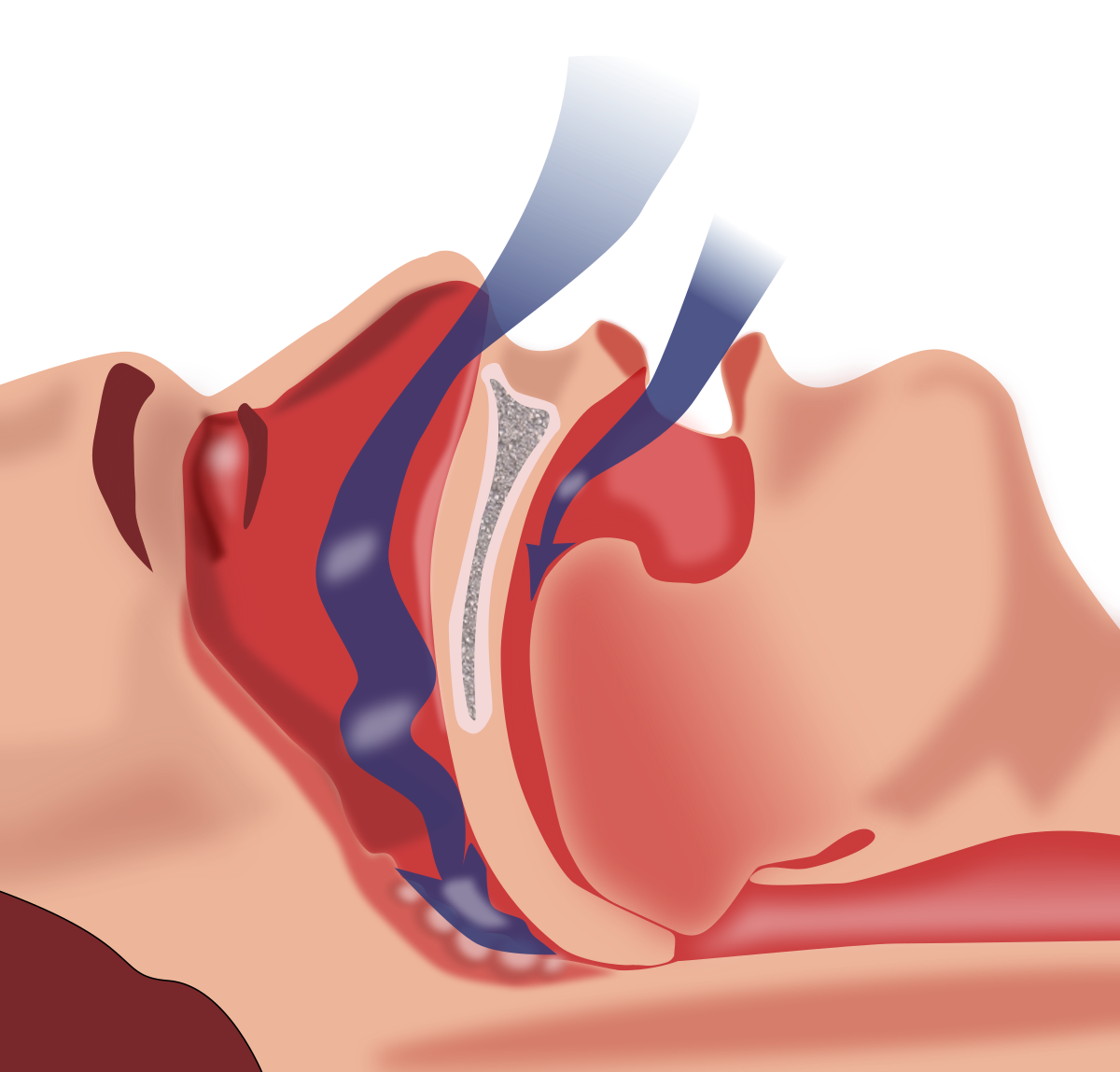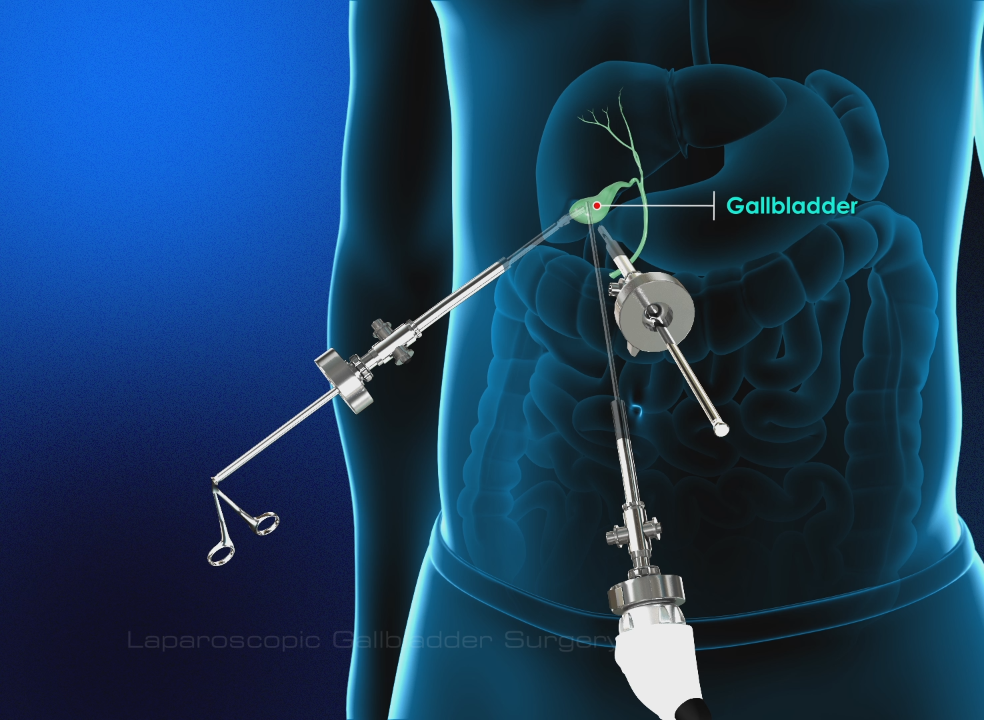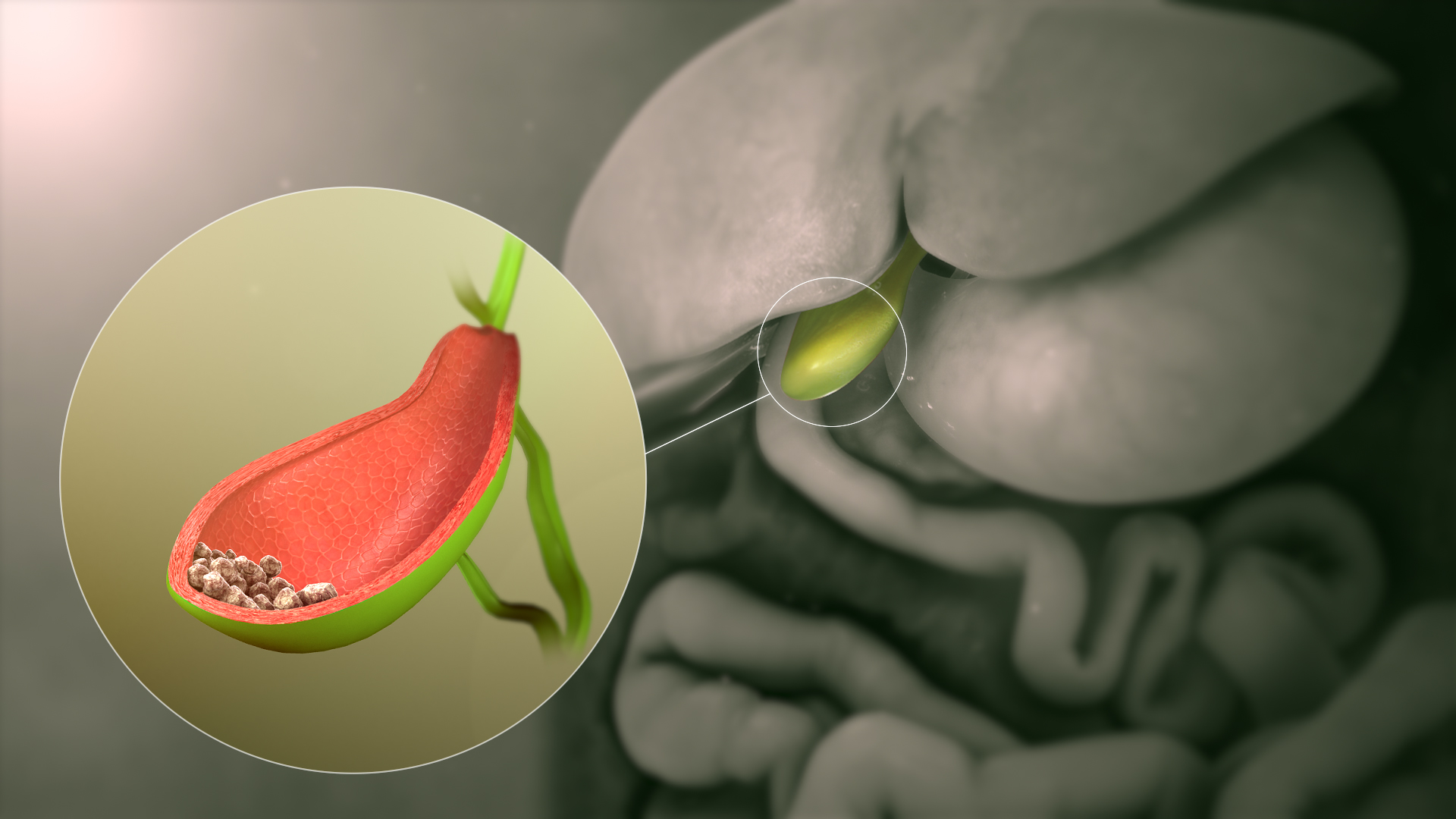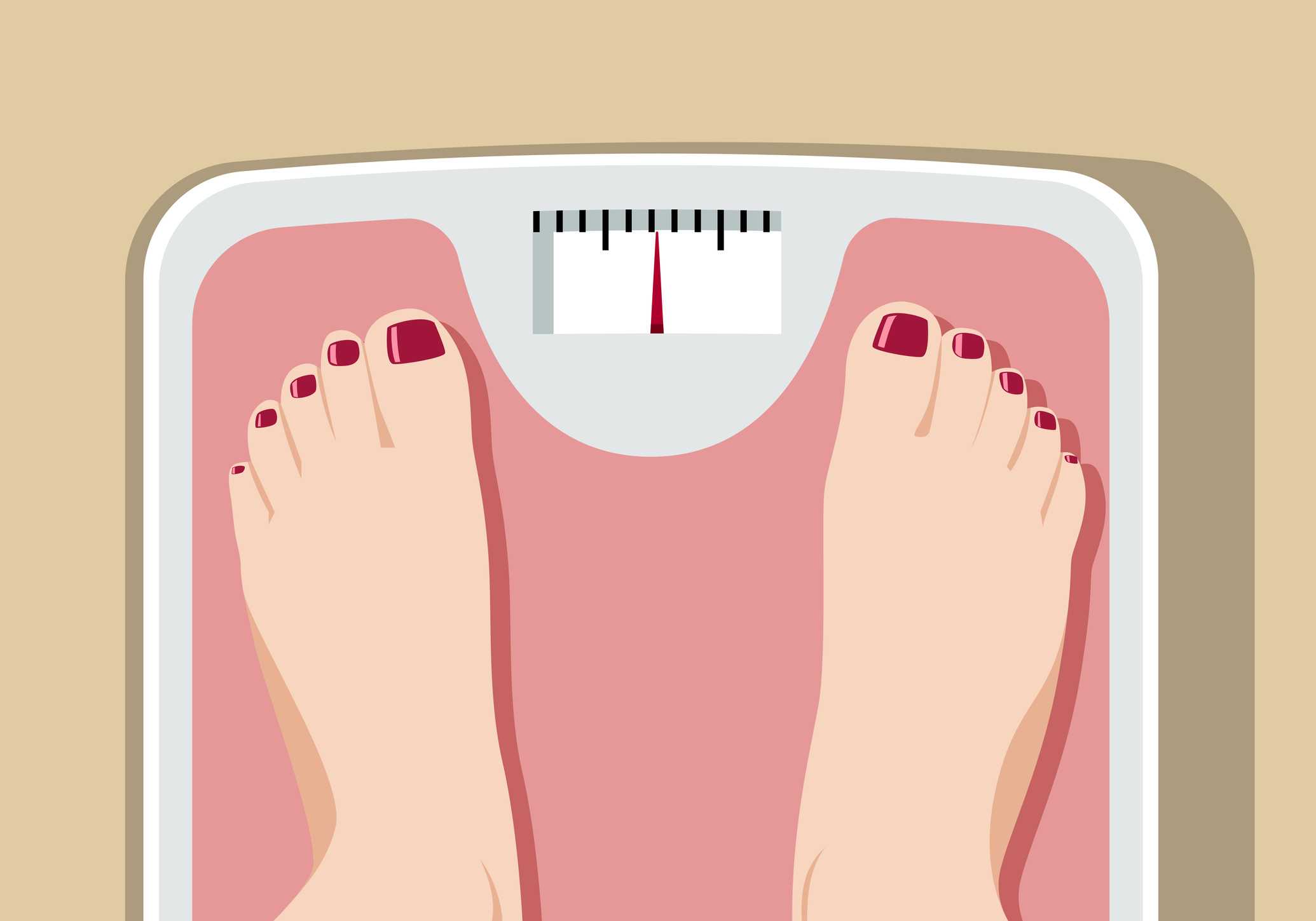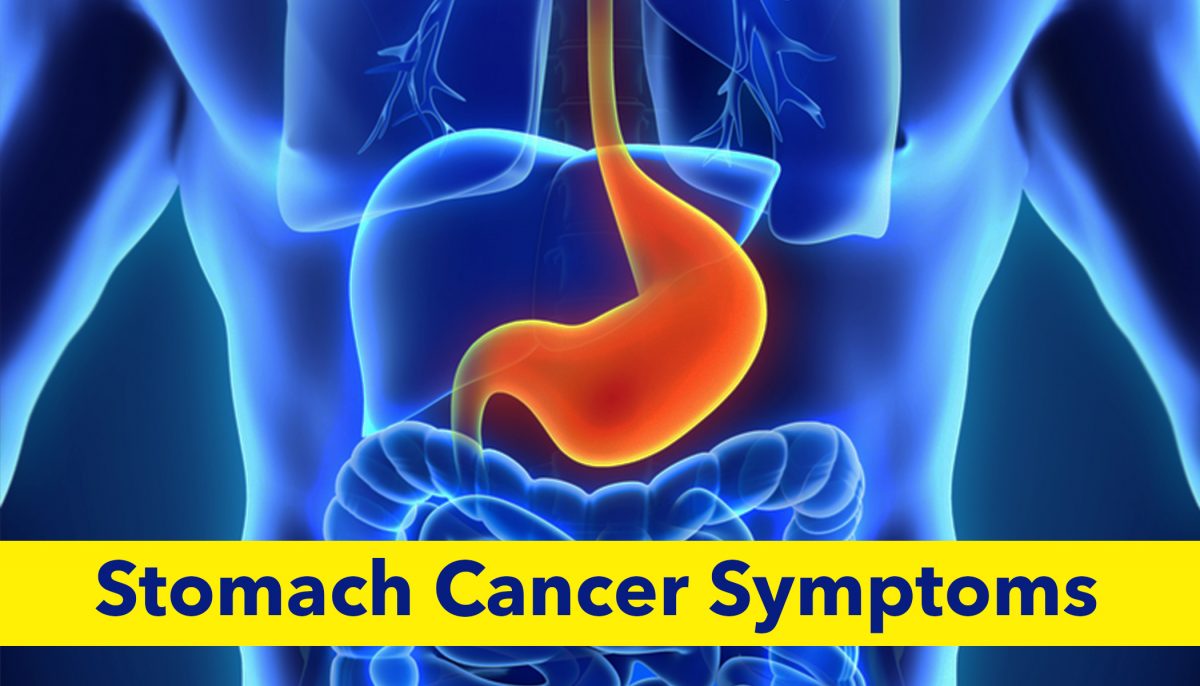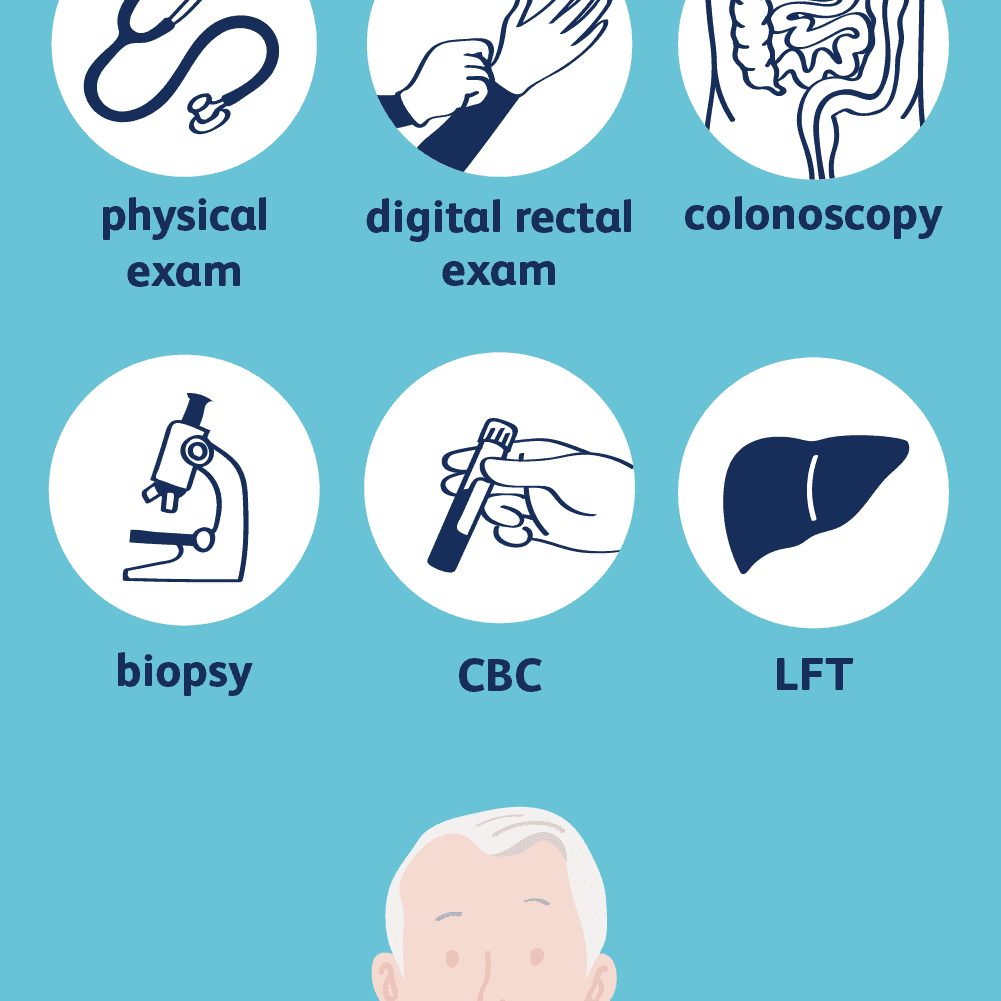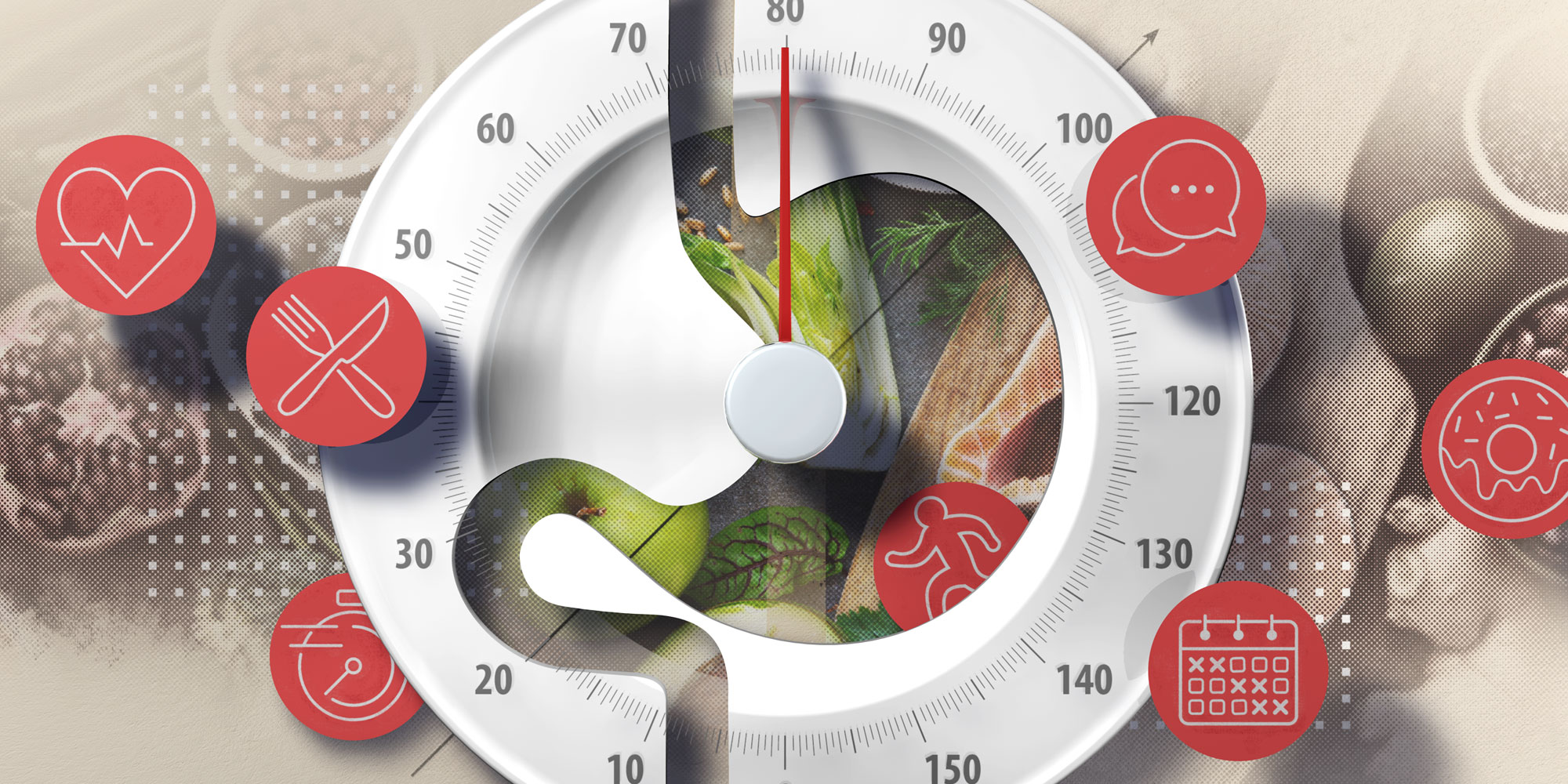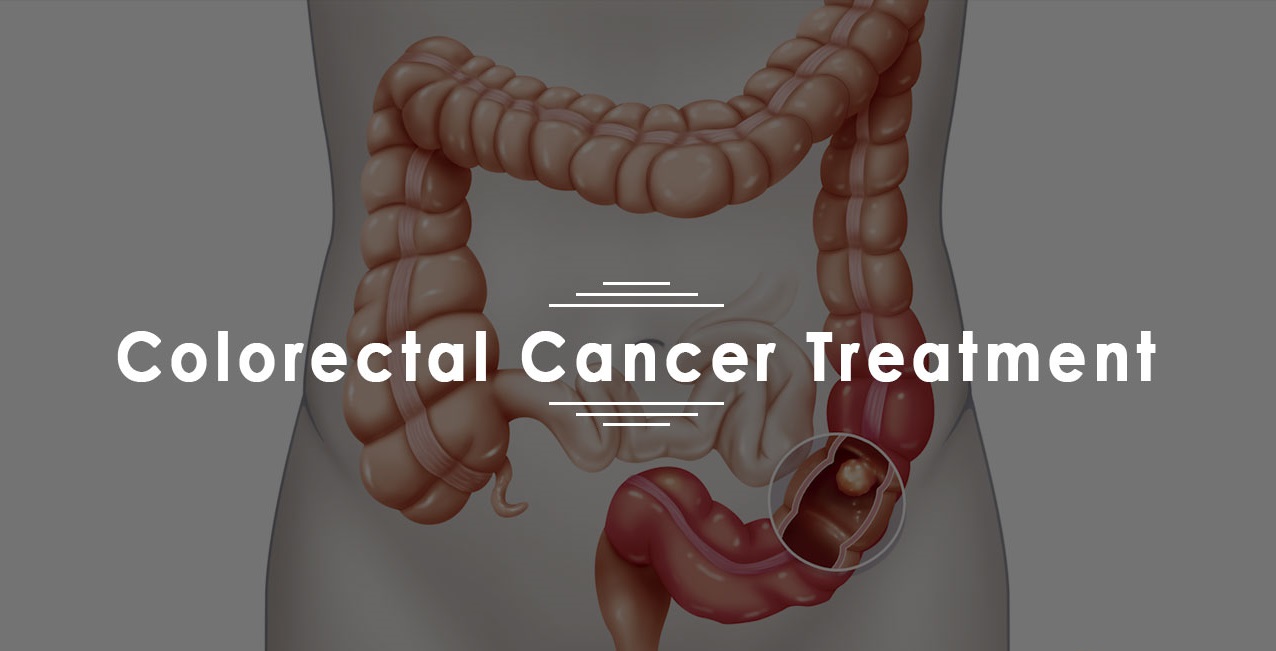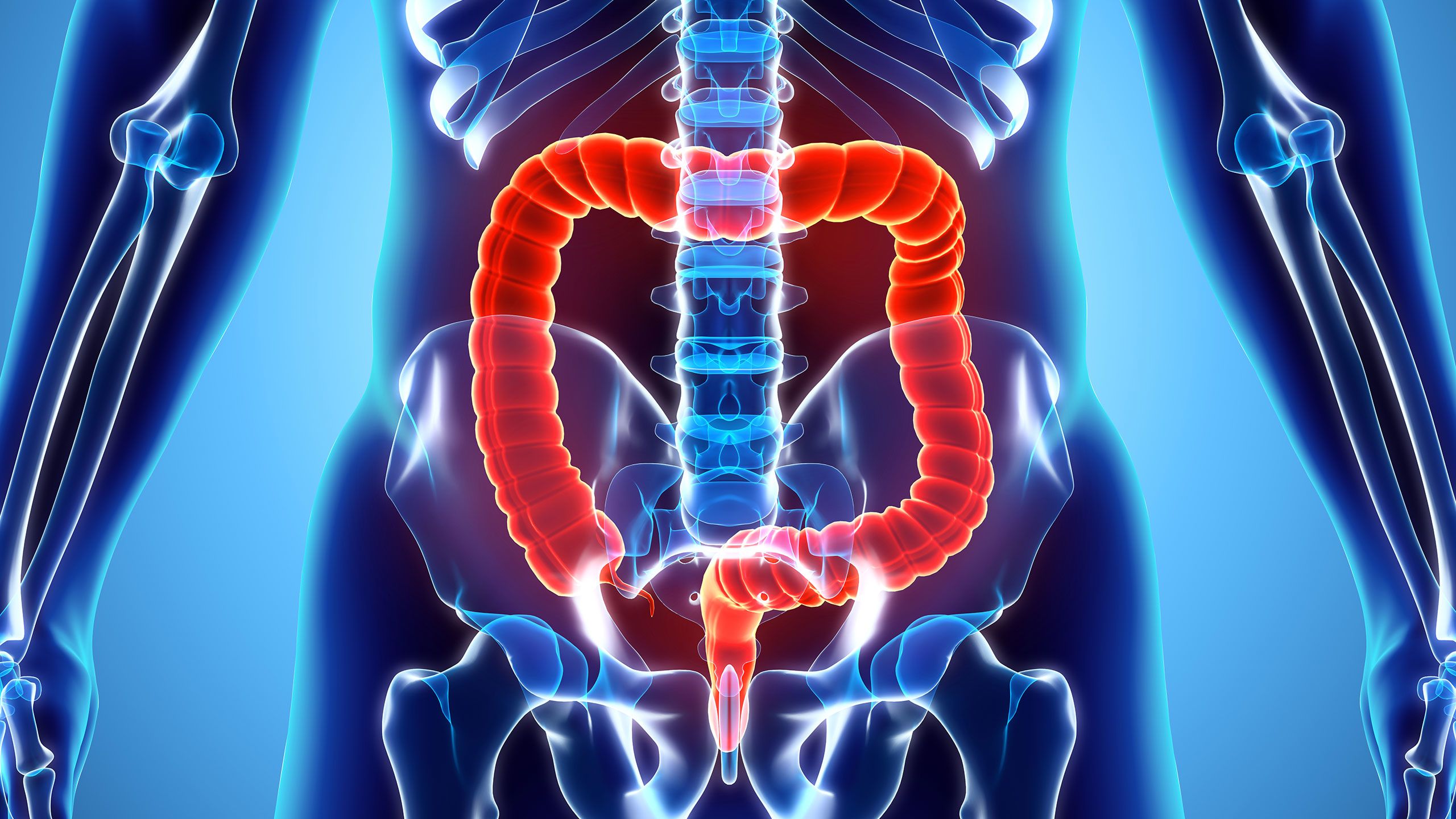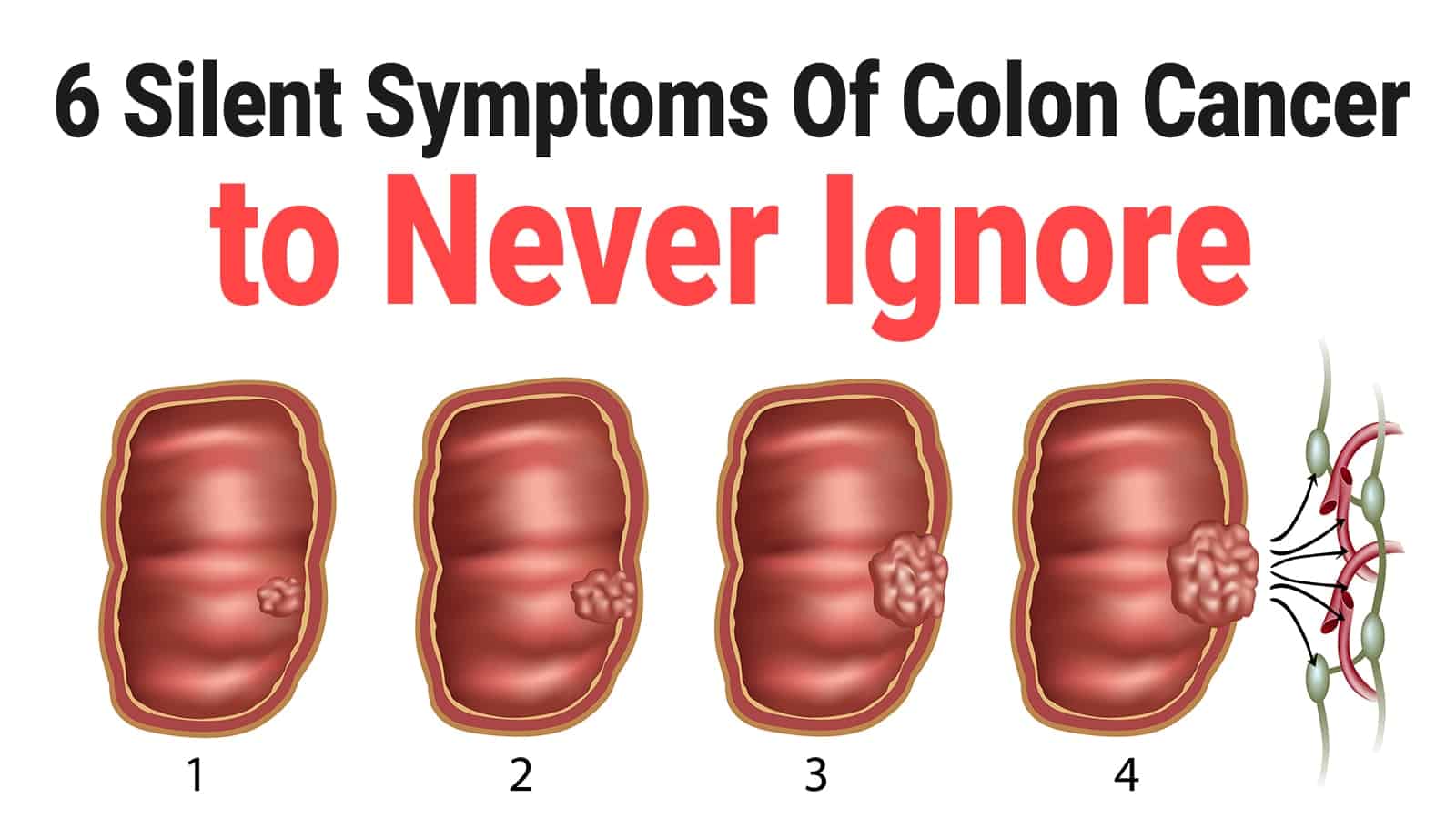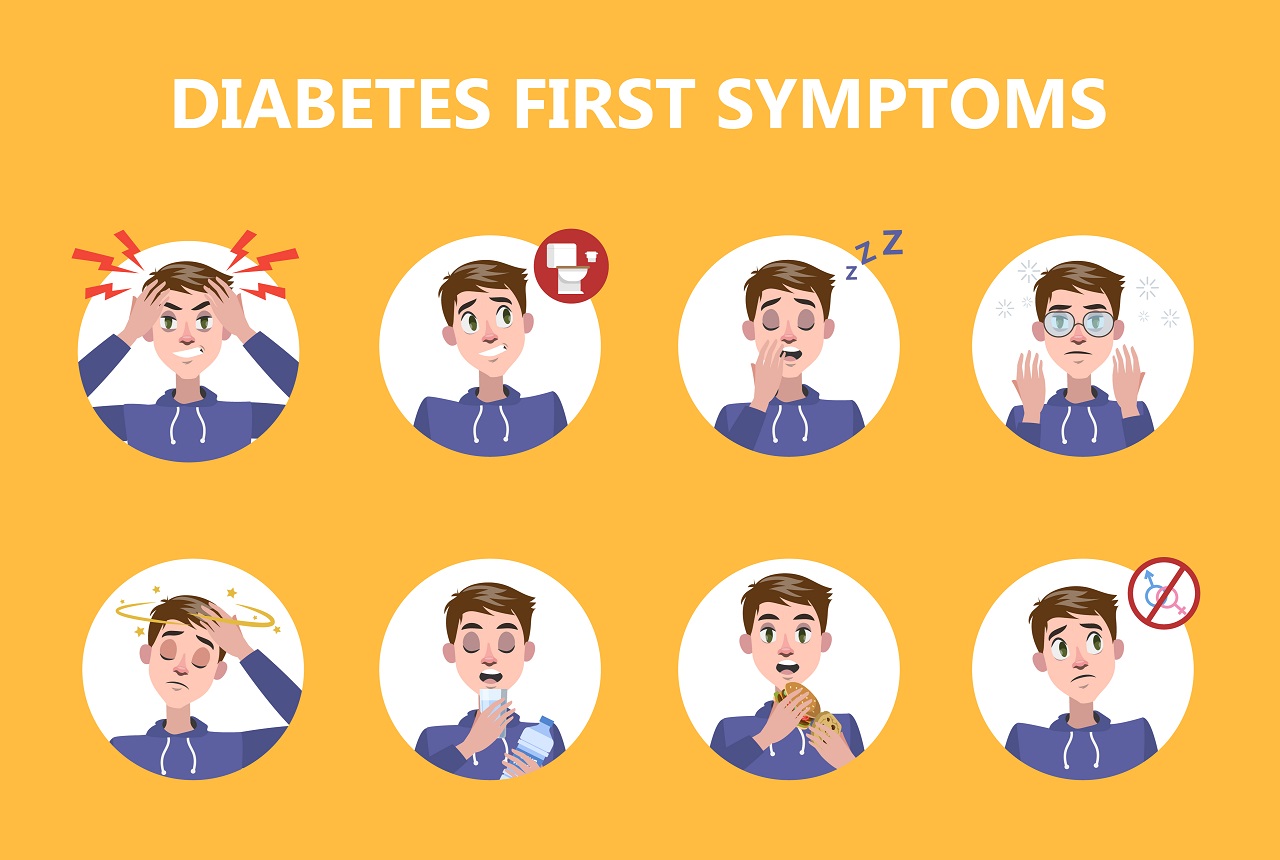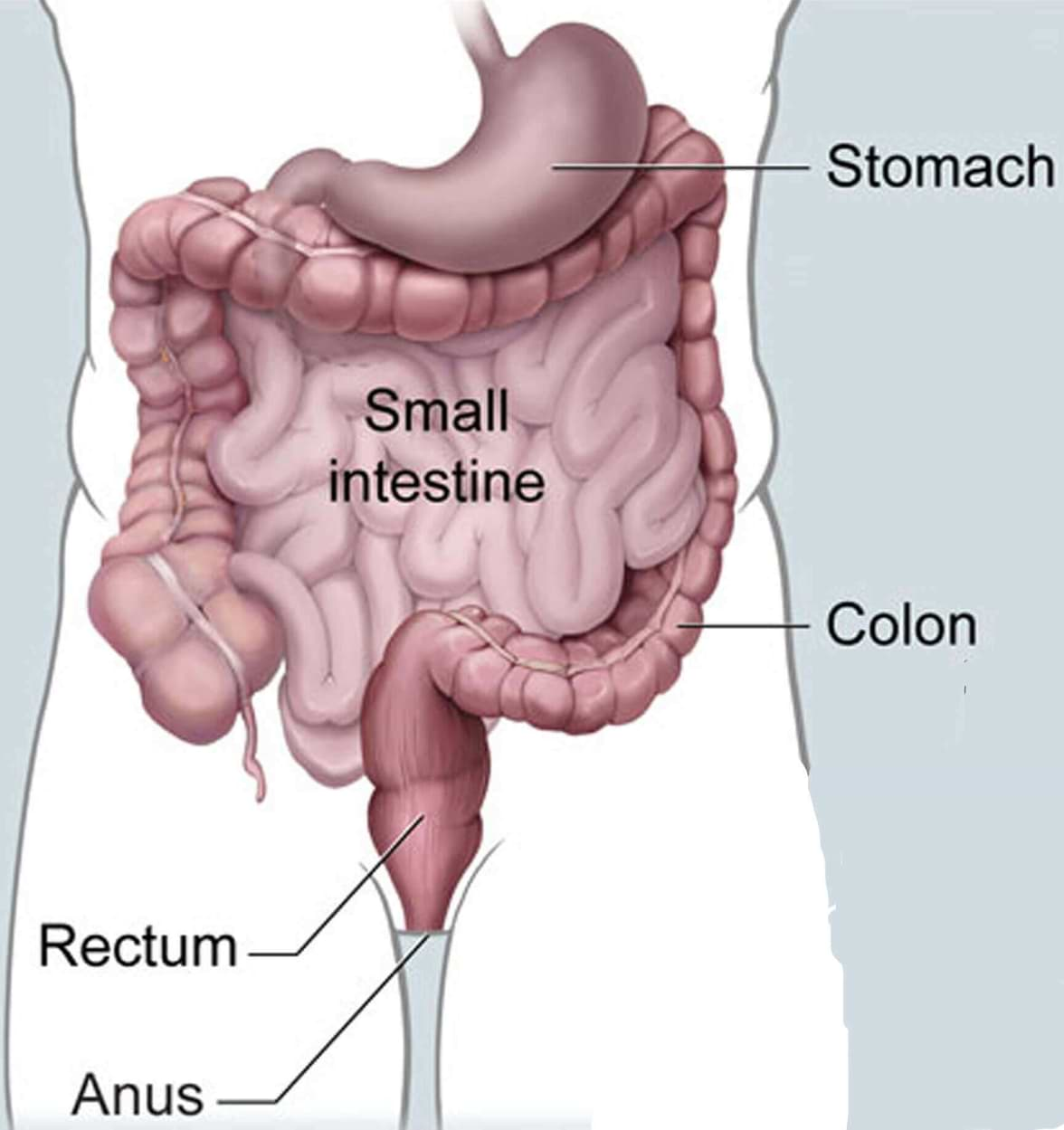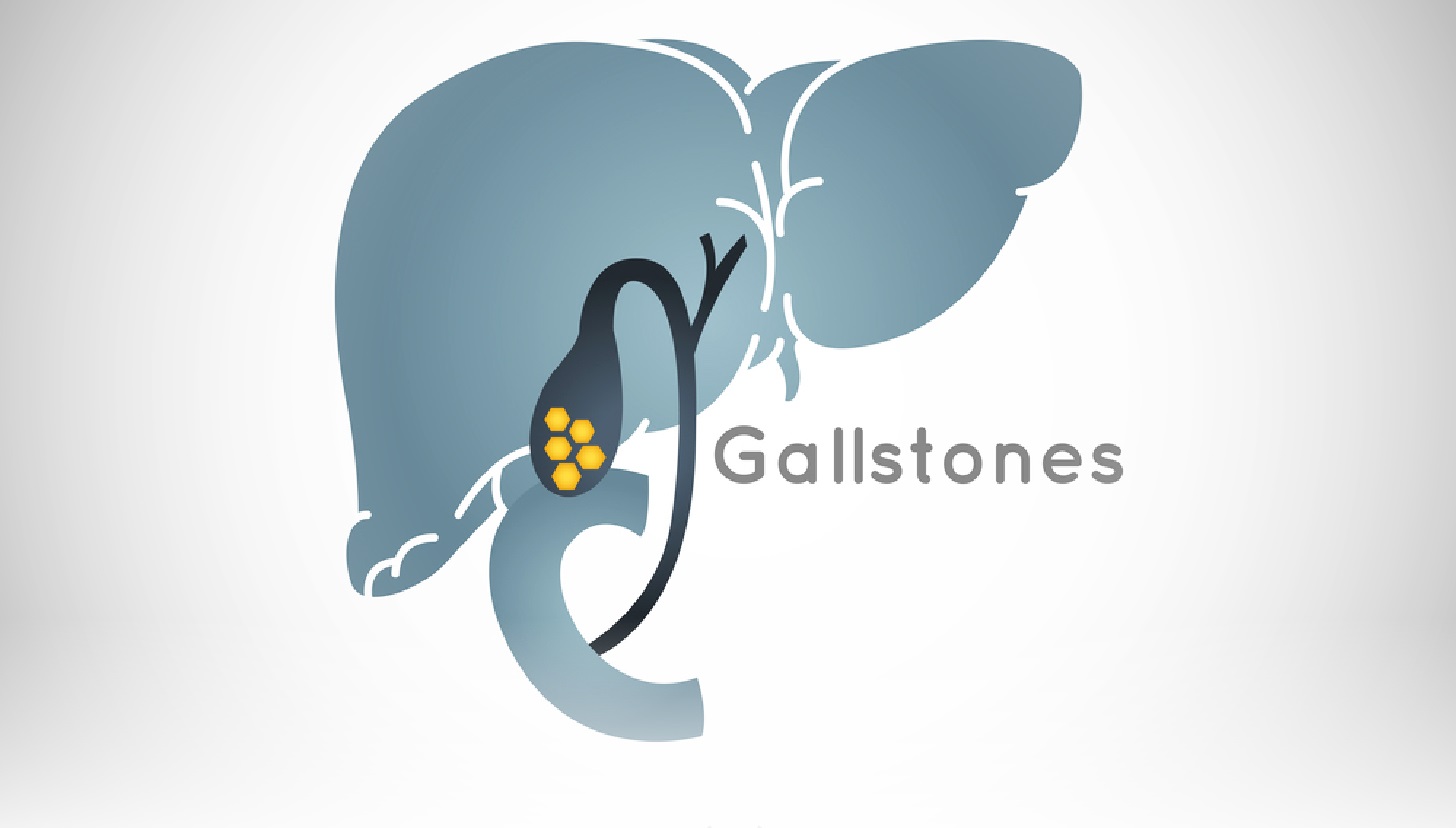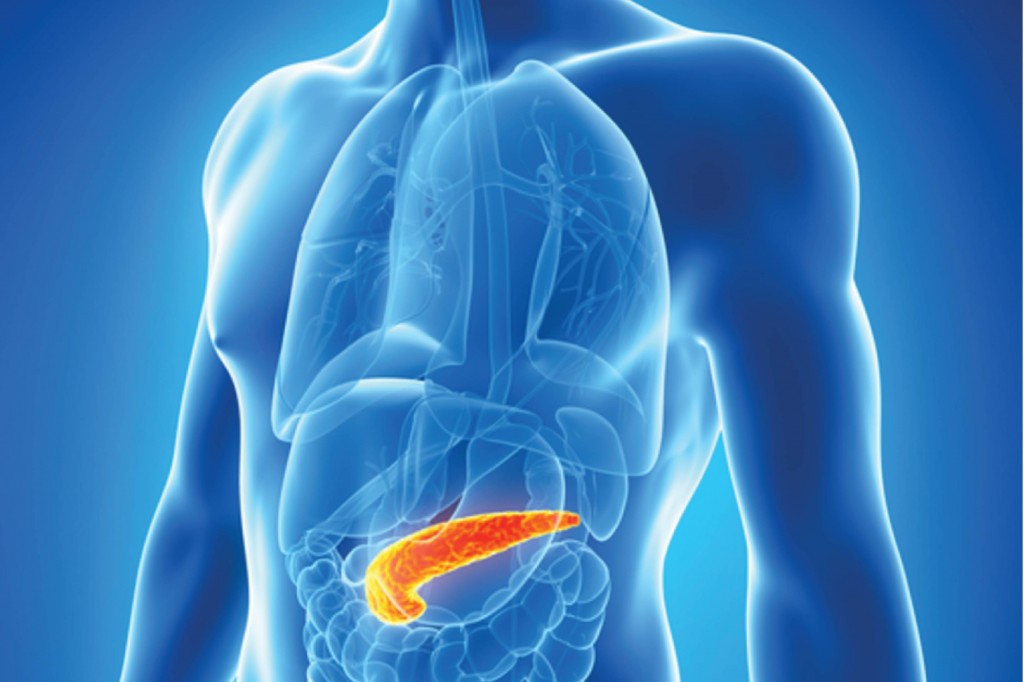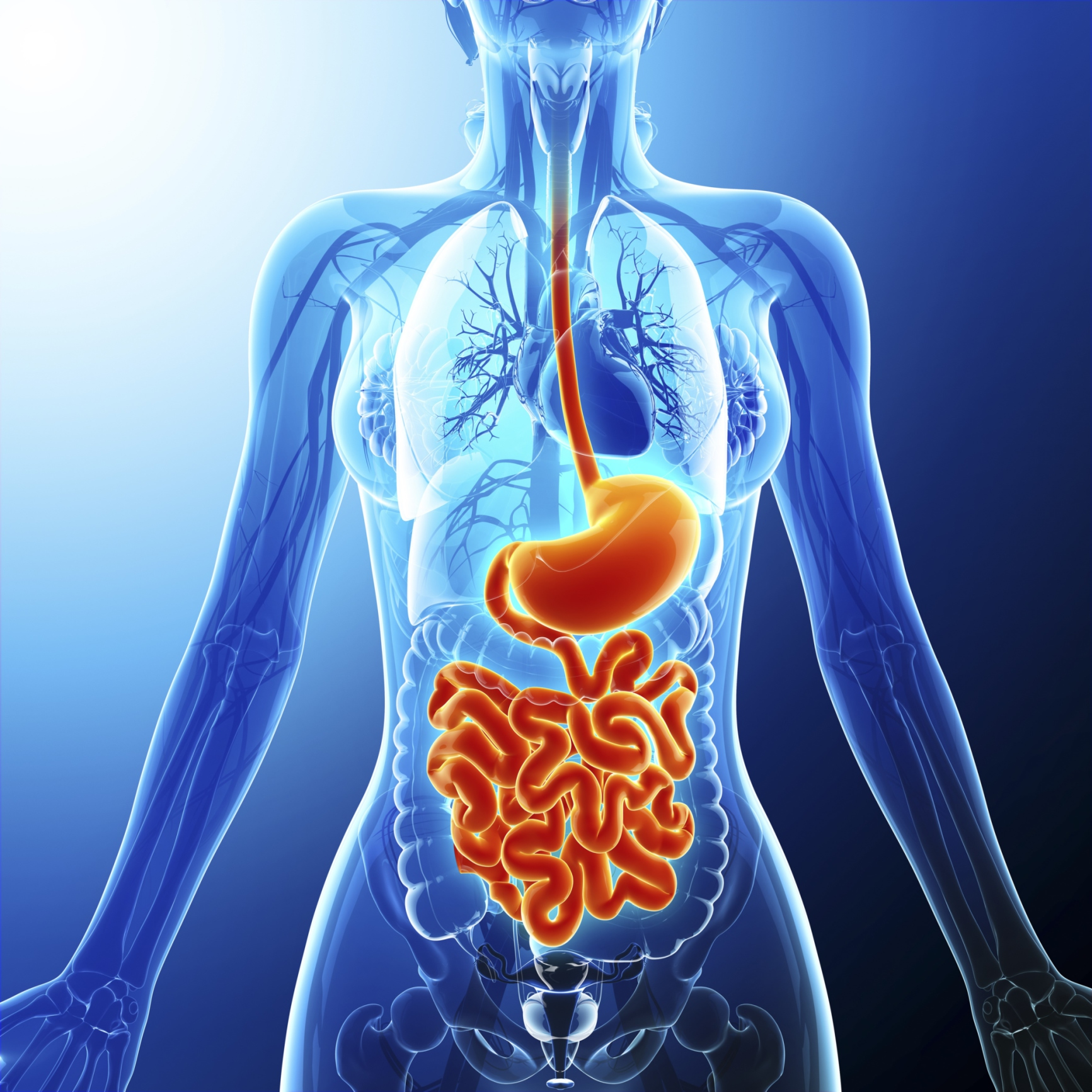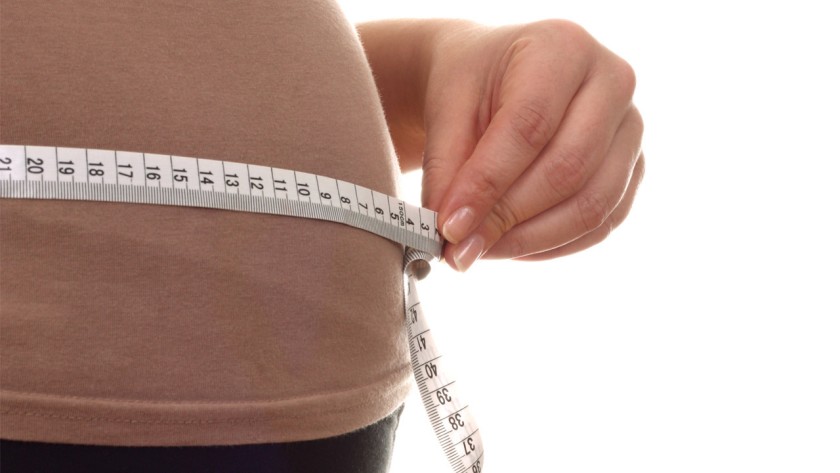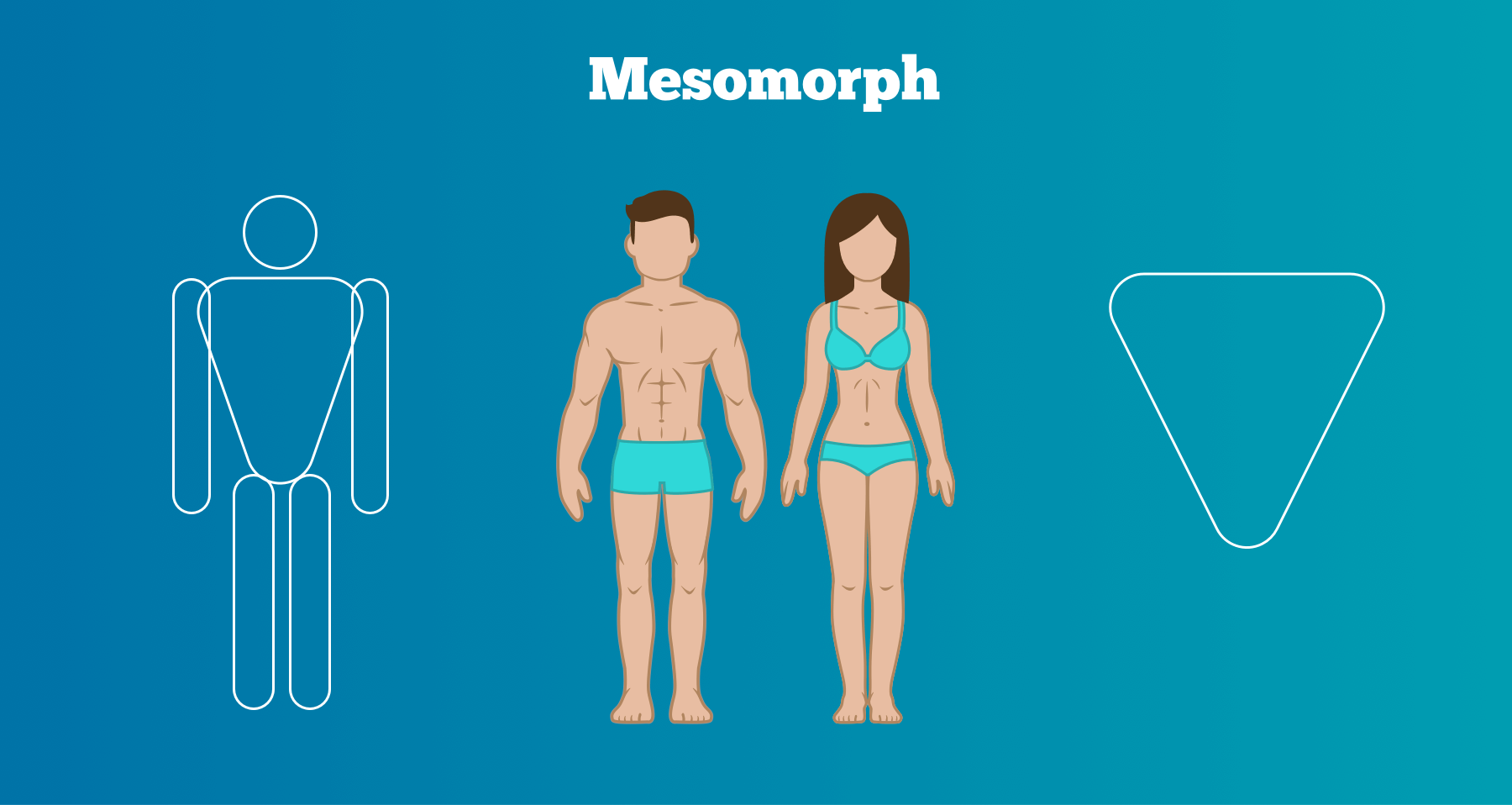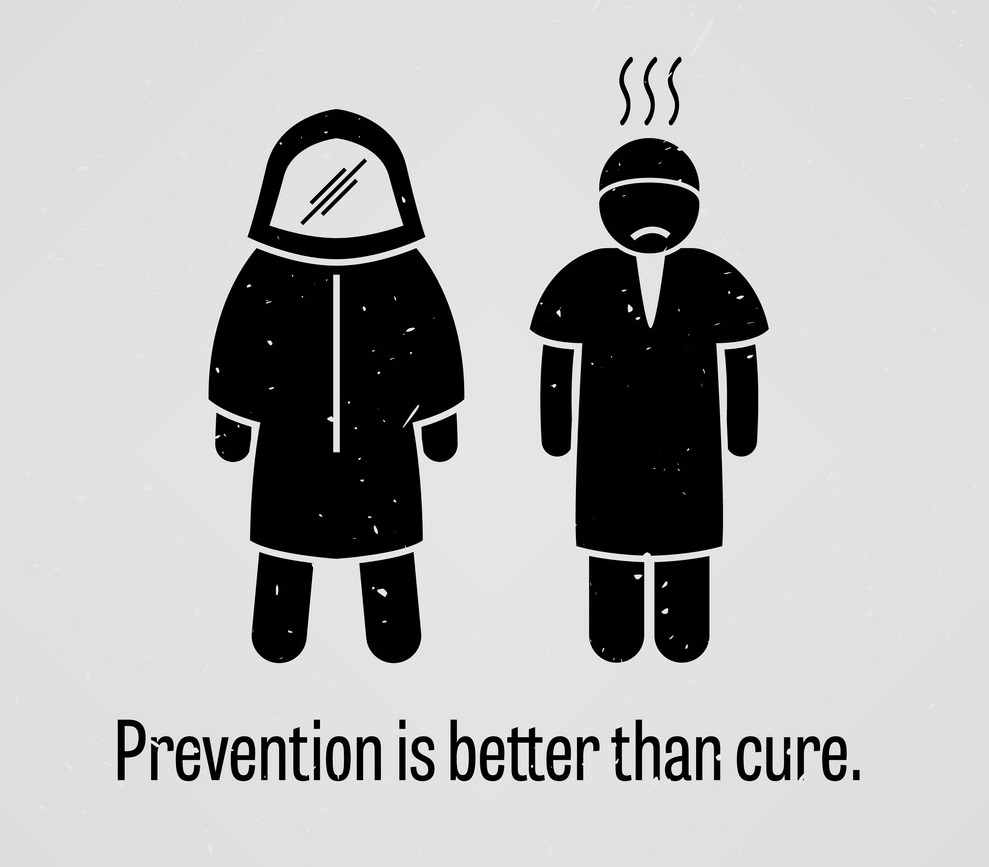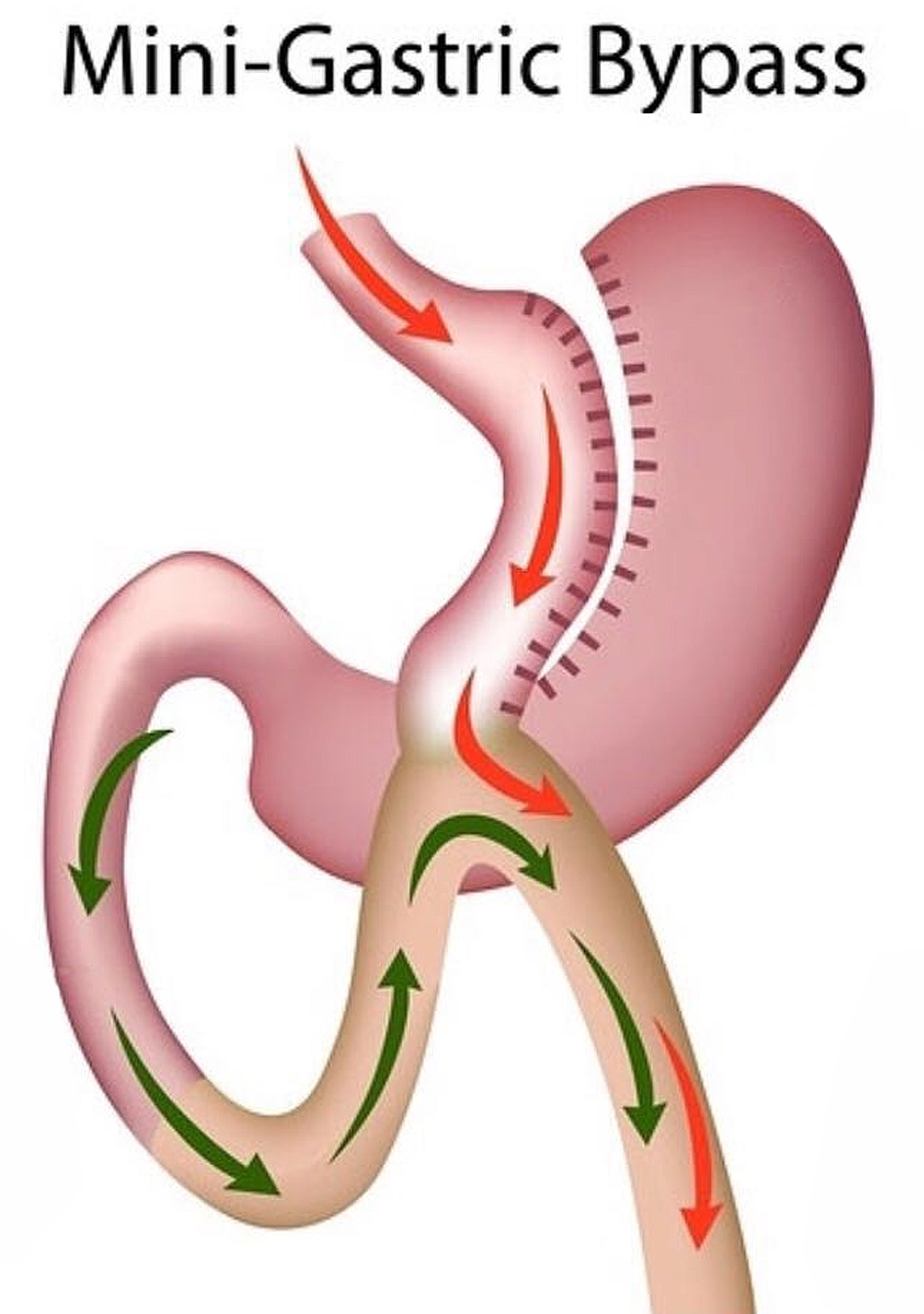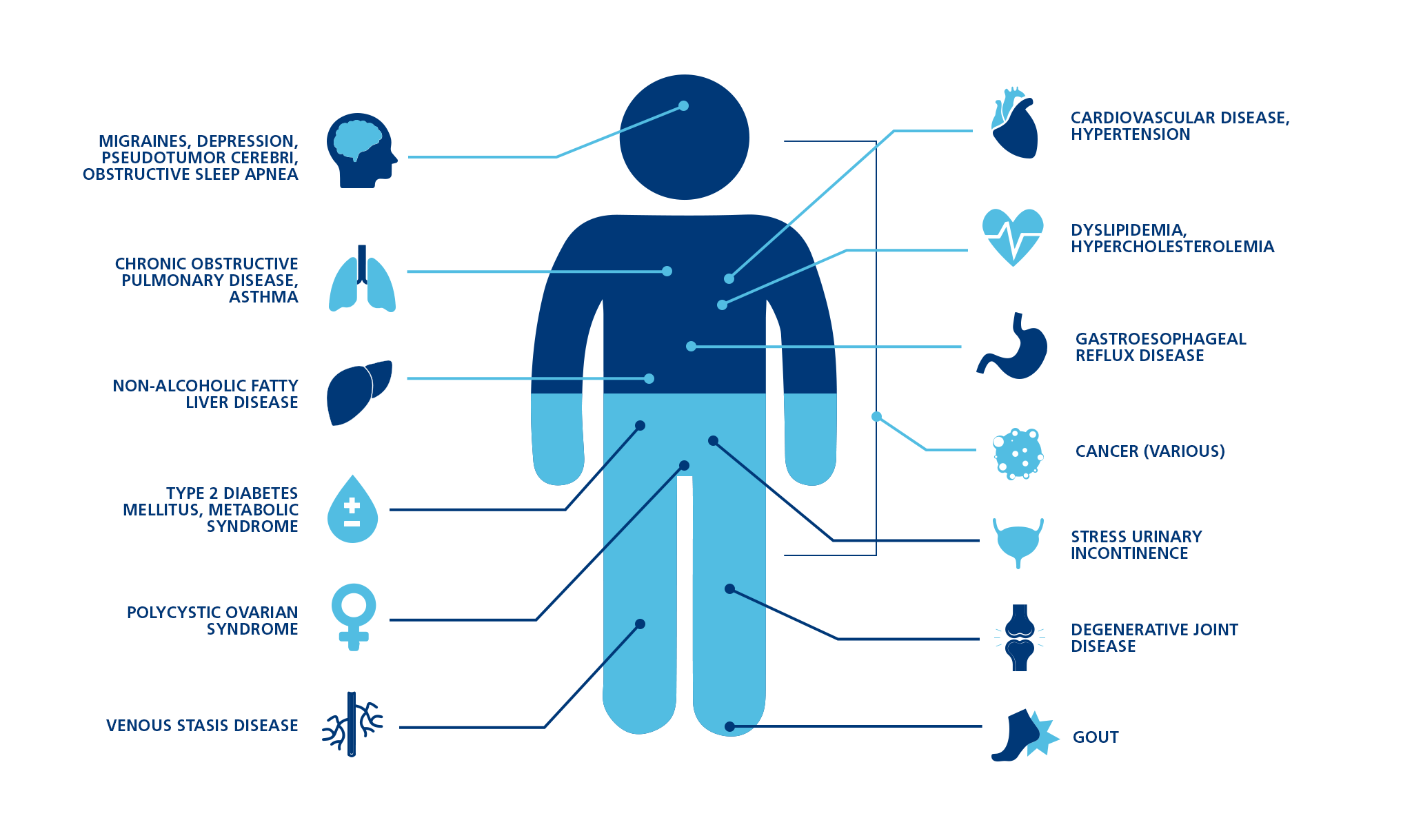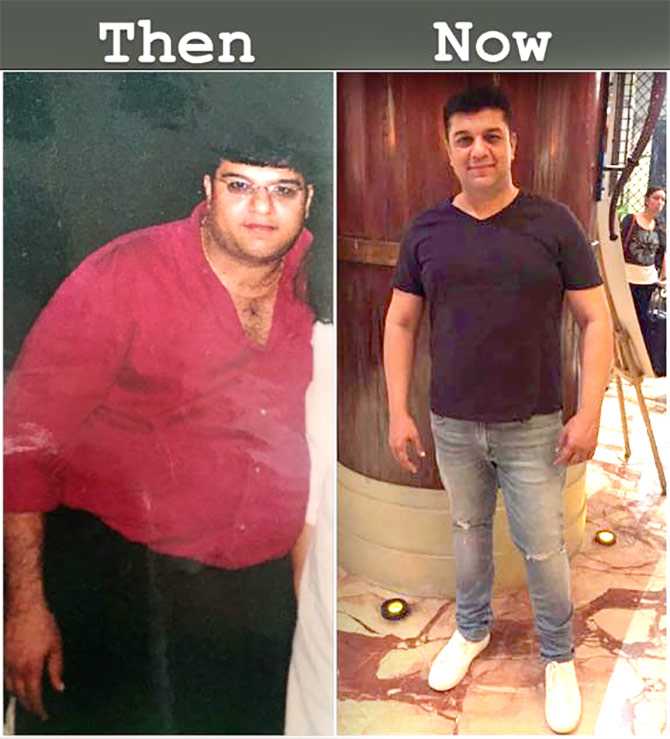Weight Loss Surgery, Dumping Syndrome
Dumping Syndrome after Bypass Surgery
Dumping syndrome occurs when your stomach empties its contents too quickly into your intestine. For many people, this condition is managed with dietary changes.
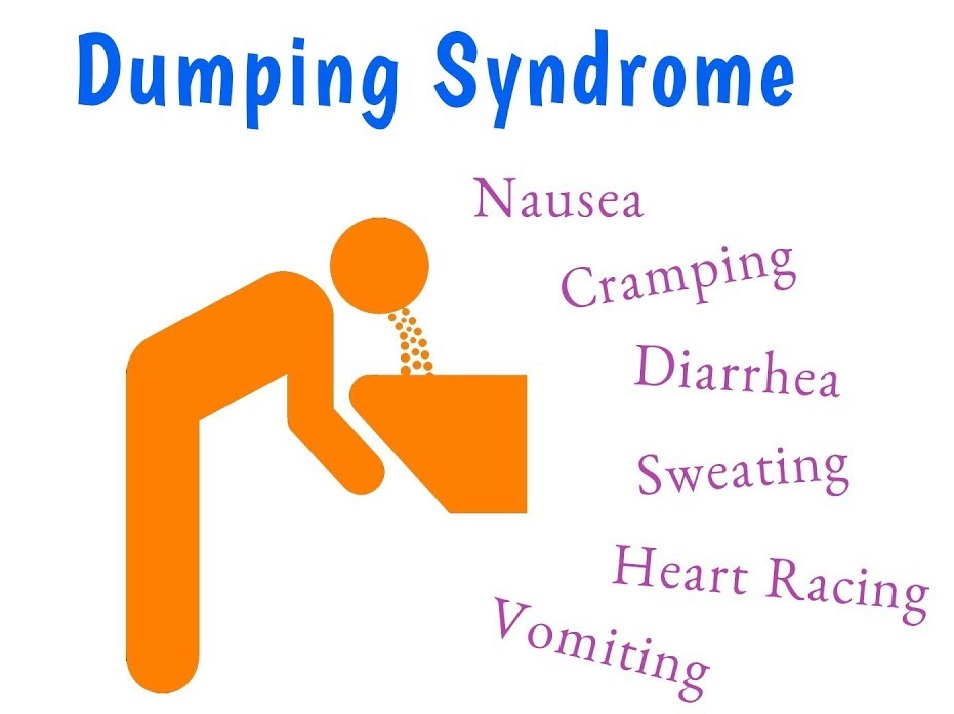
Overview
Dumping syndrome is common after gastric surgery. It is a group of symptoms that may result from having part of your stomach removed or from other surgery involving the stomach. The symptoms range from mild to severe and often subside with time. Although you may find dumping syndrome alarming at first, it is not life threatening. You can control it by making changes in what and how you eat. By controlling dumping syndrome, you will also be avoiding the foods that tend to make you gain weight.
Causes
After gastric surgery, it can be more difficult to regulate movement of food, which dumps too quickly into the small intestine. Eating certain foods makes dumping syndrome more likely. For example, refined sugars rapidly absorb water from the body, causing symptoms. Symptoms may also happen after eating dairy products and certain fats or fried foods.
Symptoms
Symptoms of the Early Phase
An early dumping phase may happen about 30 to 60 minutes after you eat. Symptoms can last about an hour and may include:
- A feeling of fullness, even after eating just a small amount
- Abdominal cramping or pain
- Nausea or vomiting
- Severe diarrhea
- Sweating, flushing, or light-headedness
- Rapid heartbeat
Causes of the Early Phase
Symptoms of an early phase happen because food is rapidly "dumping" into the small intestine. This may be due to factors such as these:
- The small intestine stretches.
- Water pulled out of the bloodstream moves into the small intestine.
- Hormones released from the small intestine into the bloodstream affect blood pressure.
Symptoms of the Late Phase
A late dumping phase may happen about 1 to 3 hours after eating. Symptoms may include:
- Fatigue
- Flushing or sweating
- Shakiness, dizziness, fainting, or passing out
- Loss of concentration or mental confusion
- Feelings of hunger
- Rapid heartbeat
Causes of the Late Phase
The symptoms of this late phase may happen due to a rapid rise and fall in blood sugar levels. The cause of this rapid swing in blood sugar may be worse when eating sweets or other simple carbohydrates.
If you have not already been diagnosed with the dumping syndrome, and you have confusion, dizziness, rapid heartbeat, or fainting, get immediate medical help. Call 108 right away.
Treatment
Early dumping syndrome is likely to resolve on its own within three months. In the meantime, there's a good chance that diet changes will ease your symptoms. If not, your doctor may recommend medications or surgery.
Medications
For people with severe signs and symptoms unrelieved by dietary changes, doctors sometimes prescribe octreotide. This anti-diarrheal drug, administered by injection under your skin, can slow the emptying of food into the intestine. Possible side effects include nausea, vomiting and stomach upset.
Talk with your doctor about the proper way to self-administer the drug.
Surgery
Doctors use a number of surgical procedures to treat people who have dumping syndrome that doesn't respond to more conservative approaches. Most of these operations are reconstructive techniques, such as reconstructing the pylorus, or they're intended to reverse gastric bypass surgery.
Lifestyle and home remedies
Here are some dietary strategies that can help you maintain good nutrition and minimize your symptoms.
- Eat smaller meals. Try eating five or six small meals a day rather than three larger ones.
- Drink most of your fluids between meals. At first, don't drink anything for 30 to 60 minutes before and after meals.
- Drink 6 to 8 cups (1.4 to 1.9 liters) of fluids a day. At first, limit fluid with meals to 1/2 cup (118 milliliters). Increase fluid with meals as you tolerate it.
- Change your diet. Eat more protein- meat, poultry, creamy peanut butter and fish- and complex carbohydrates- oatmeal and other whole-grain foods high in fibre. Limit high-sugar foods, such as candy, table sugar, syrup, sodas and juices.
The natural sugar in dairy products (lactose) might worsen your symptoms. Try small amounts at first, or eliminate them if you think they're causing problems. You might want to see a registered dietitian for more advice about what to eat. - Increase fibre intake. Psyllium, guar gum and pectin in food or supplements can delay the absorption of carbohydrates in the small intestine.
- Check with your doctor about drinking alcohol.
Many people find that taking steps like these greatly reduces symptoms of dumping syndrome.
Foods to avoid
Avoid eating sugar and other sweets such as:
- Candy
- Sweet drinks
- Cakes
- Cookies
- Pastries
- Sweetened breads
Also avoid dairy products and alcohol. And avoid eating solids and drinking liquids during the same meal. In fact, don't drink 30 minutes before and 30 minutes after meals.
Foods to eat
To help with symptoms, also try these tips:
- Use fibre supplements
- Go for complex carbohydrates, such as vegetables and whole-wheat bread, instead of simple carbohydrates, such as sweet rolls and ice cream.
- To prevent dehydration, drink more than 4 cups of water or other sugar-free, decaffeinated, noncarbonated beverages throughout the day.
How to eat
Here are some other ways to lessen symptoms of dumping syndrome:
- Eat five or six small meals or snacks a day.
- Keep portions small, such as 1 ounce of meat or 1/4 cup of vegetables.
- Cut food into very small pieces. Chew well before swallowing.
- Combine proteins or fats along with fruits or starches. (For example, combine fruit with cottage cheese.)
- Stop eating when you first begin to feel full.
- Drink liquids 30 to 45 minutes after meals.
- Reclining after eating may help prevent light-headedness.
When to Call a Doctor
It is important to manage dumping syndrome so you stay well-nourished and don't lose too much weight. Talk to your health care provider about any symptoms you have and what else you can do. In some cases, medication or surgery may be needed to help correct the symptoms of dumping syndrome.
To consult with our experts, click on the link below

